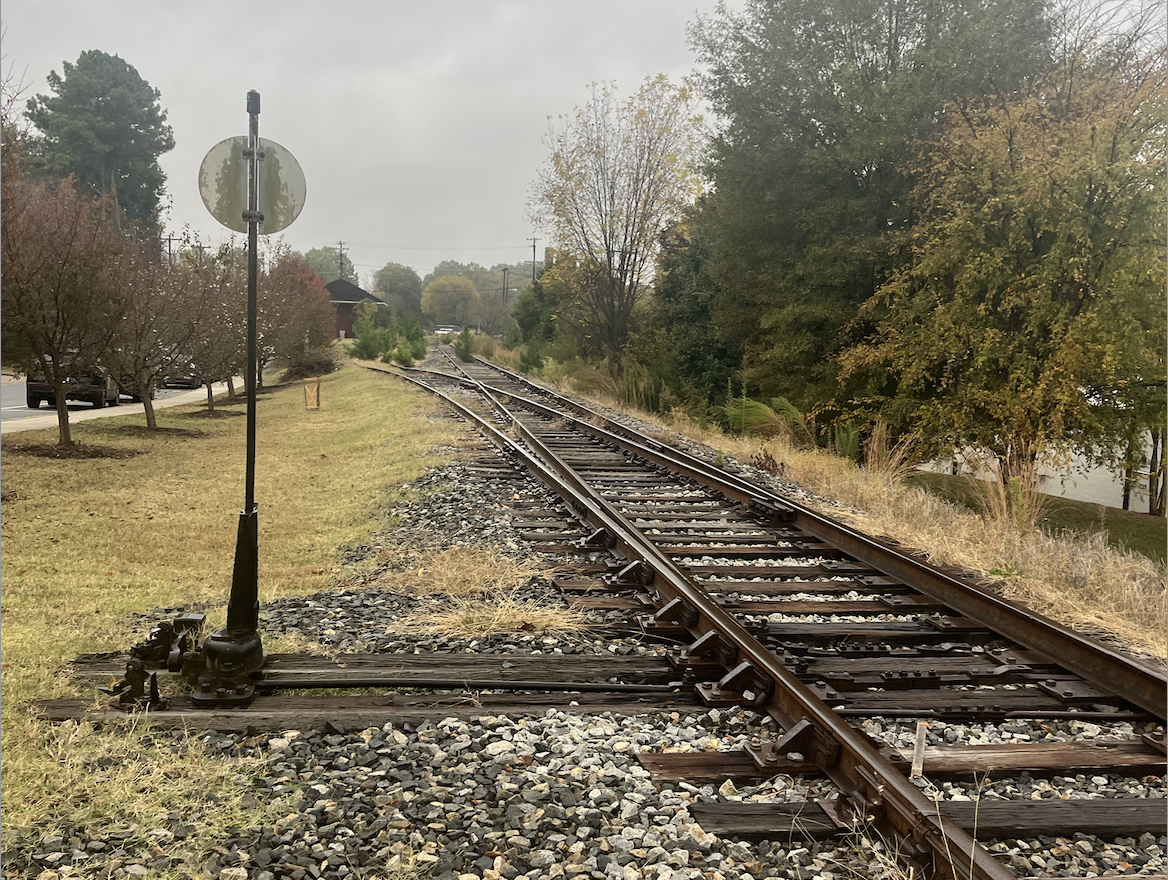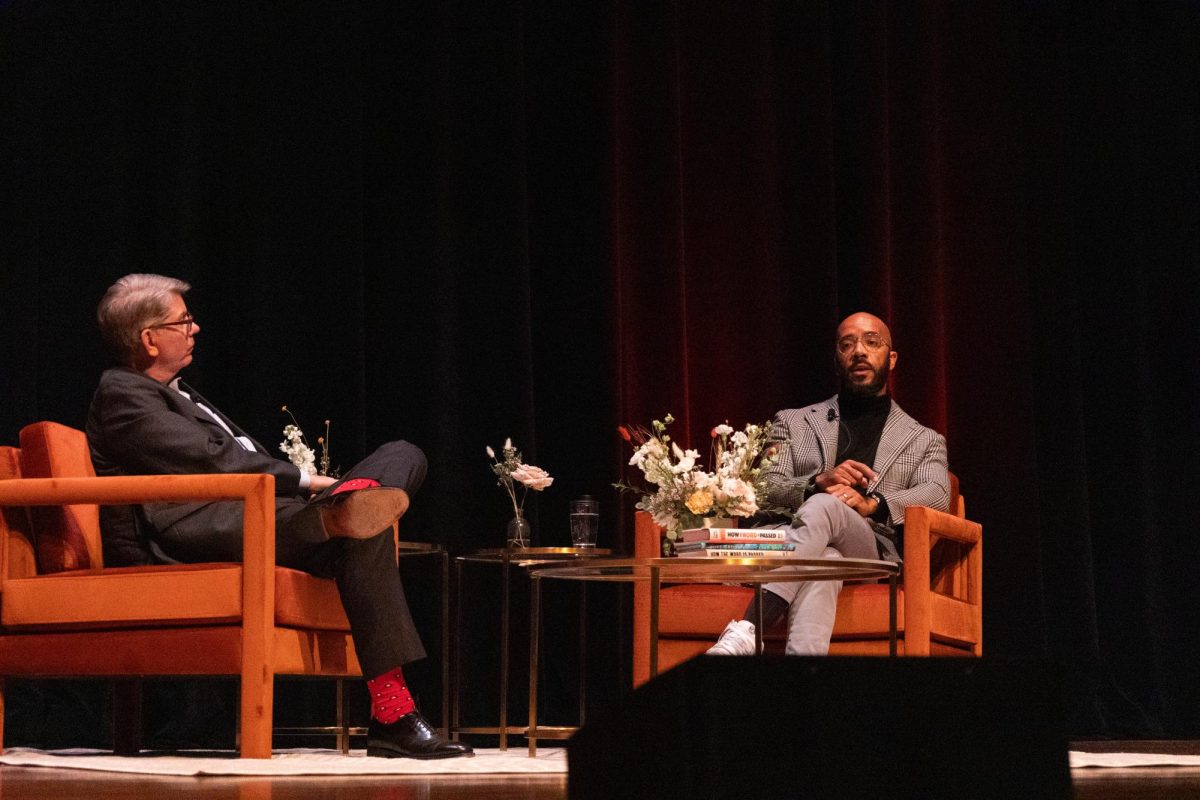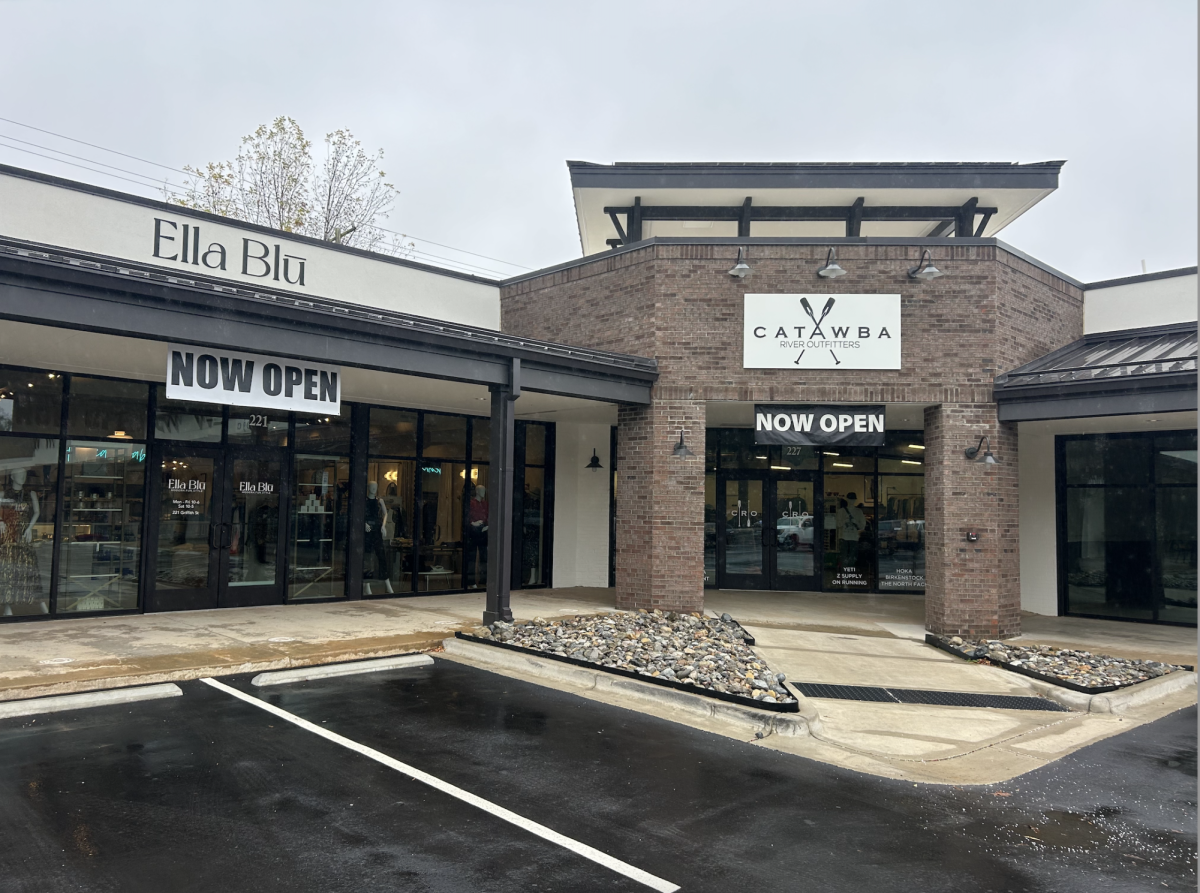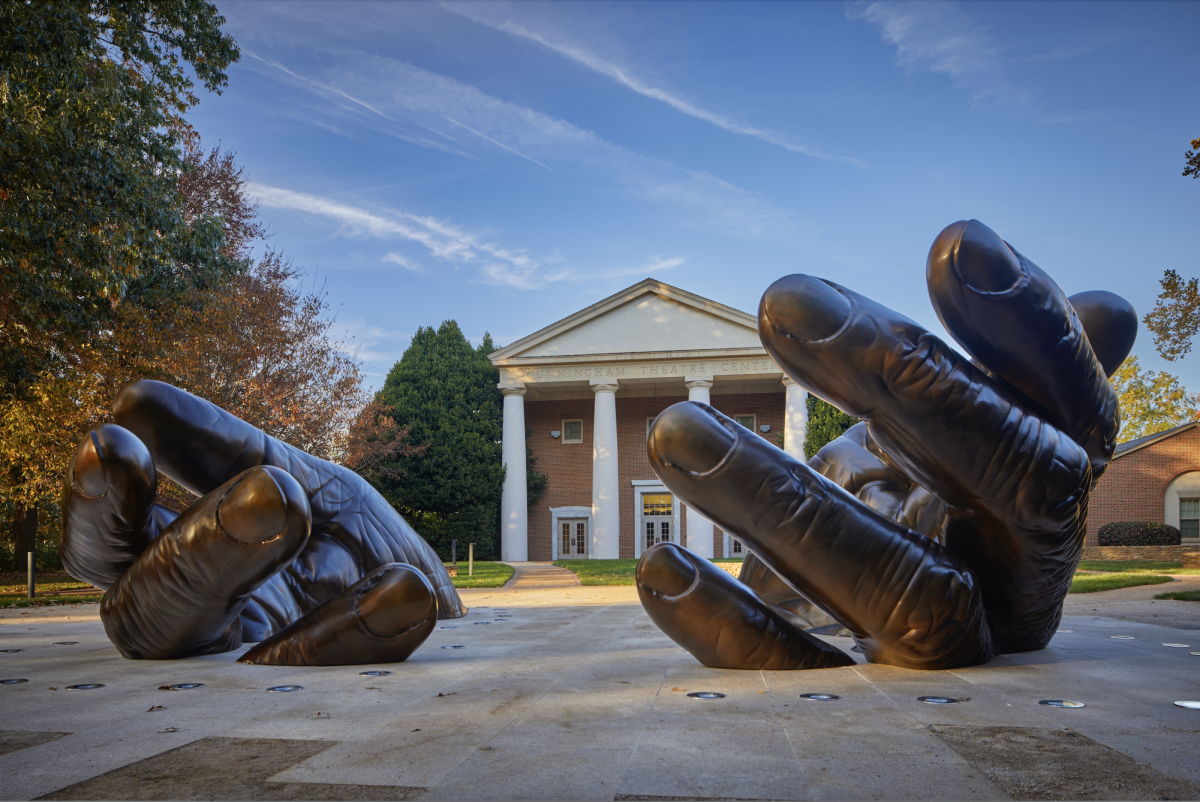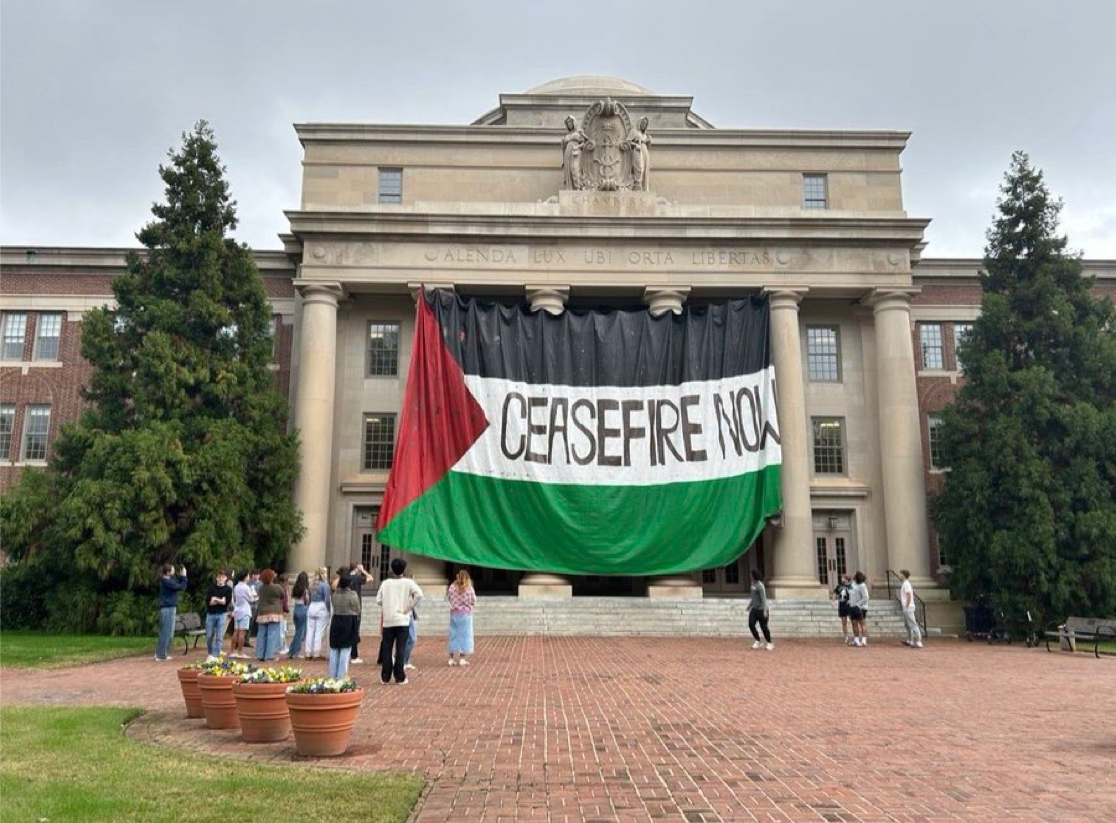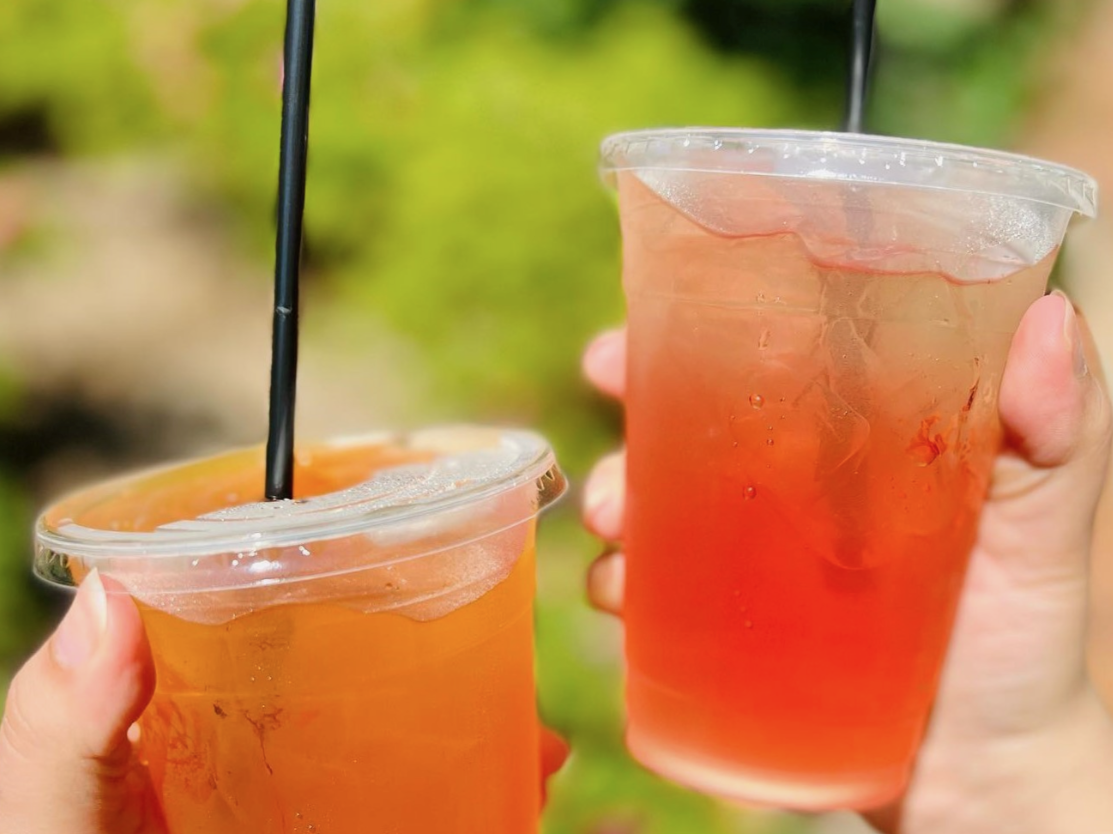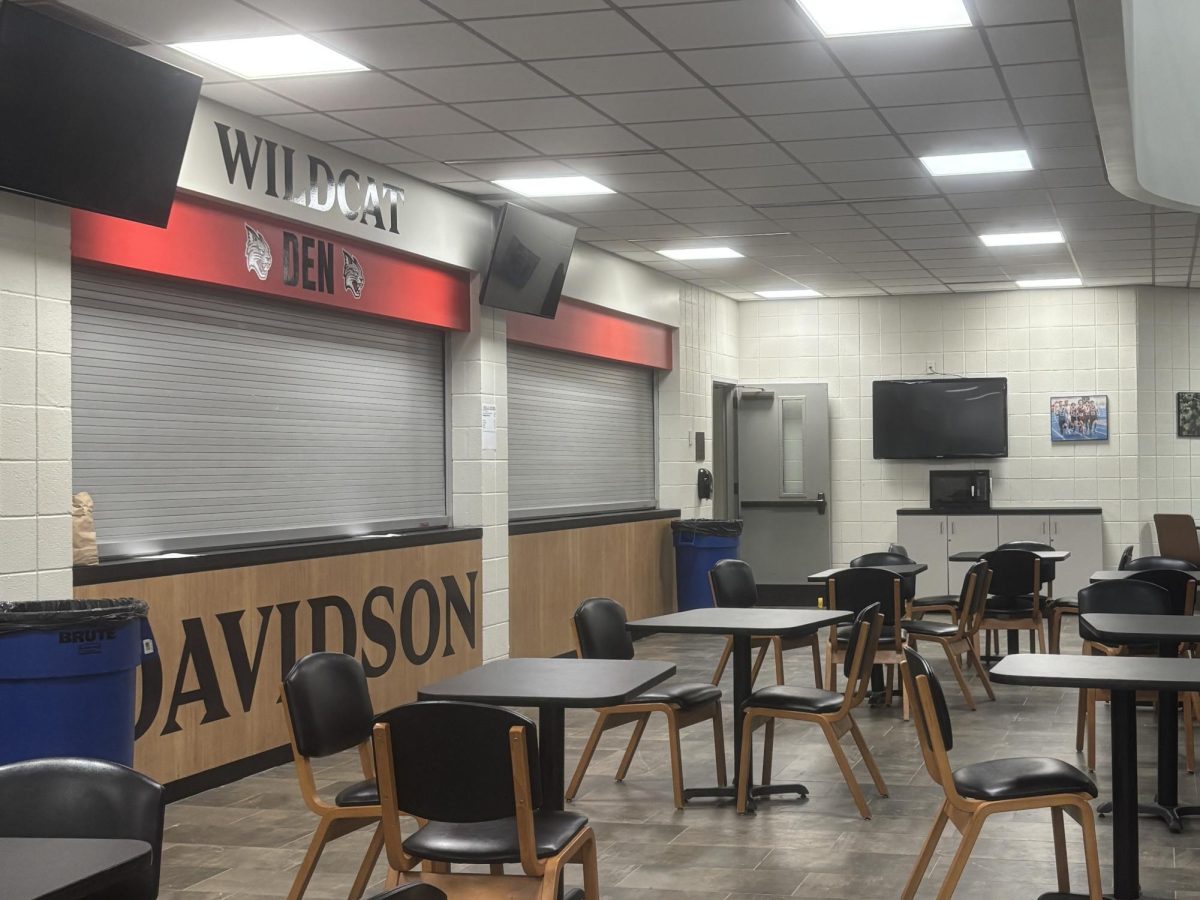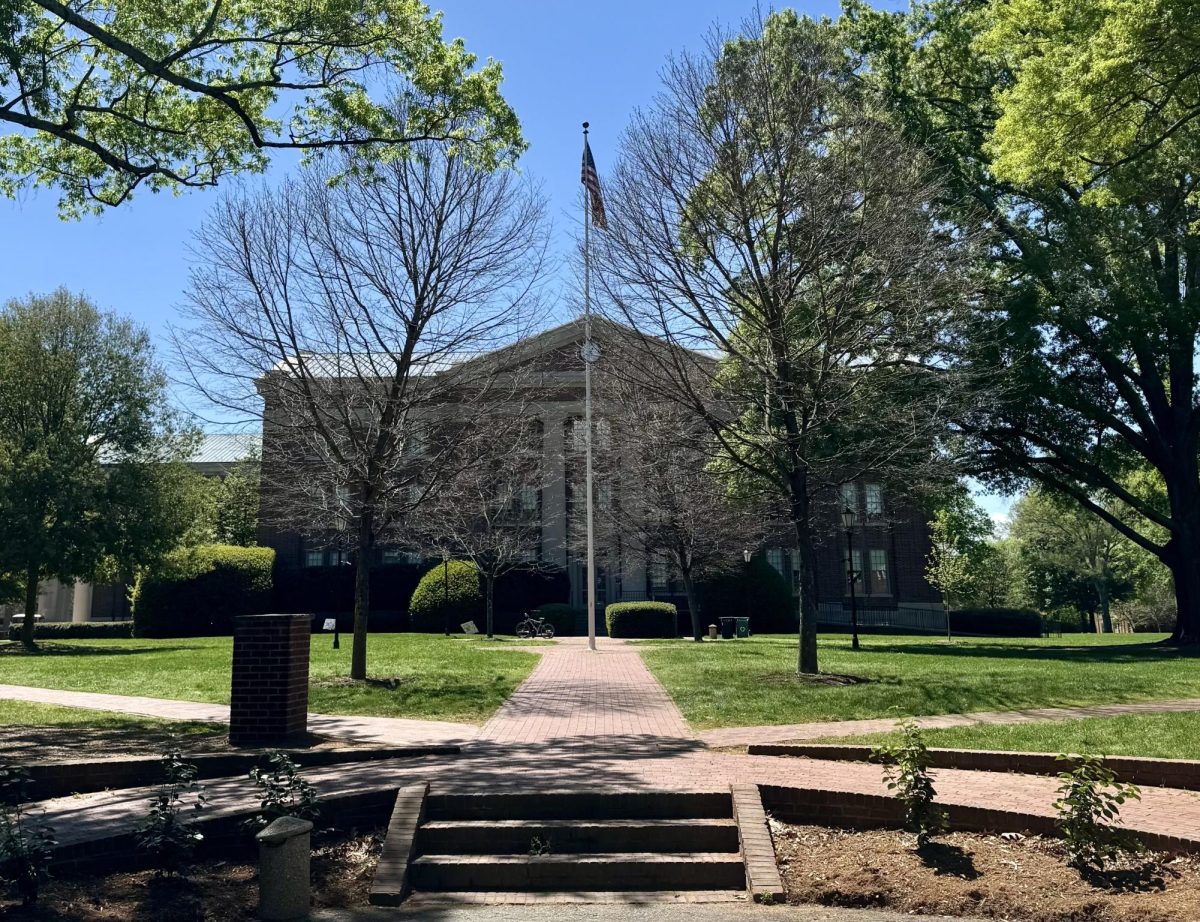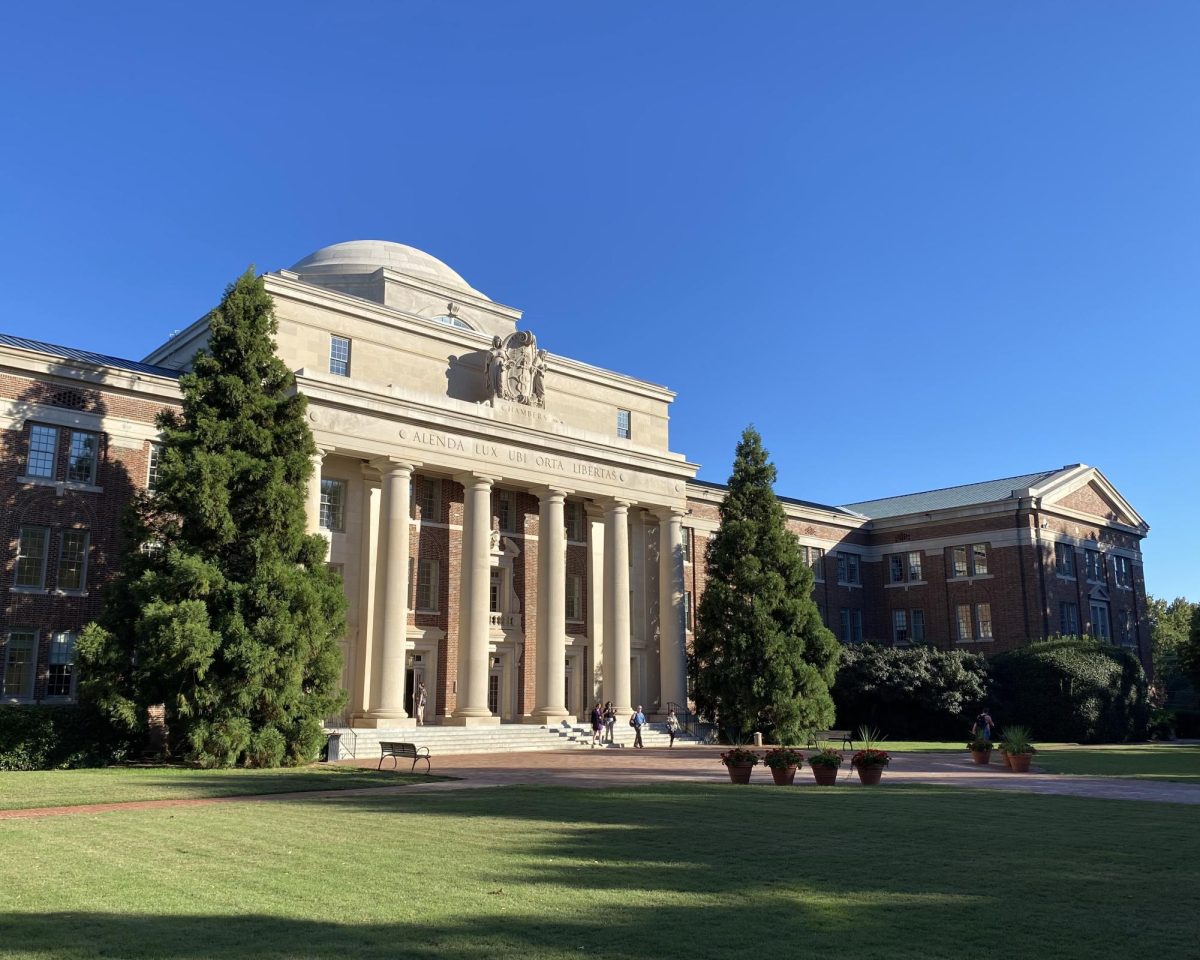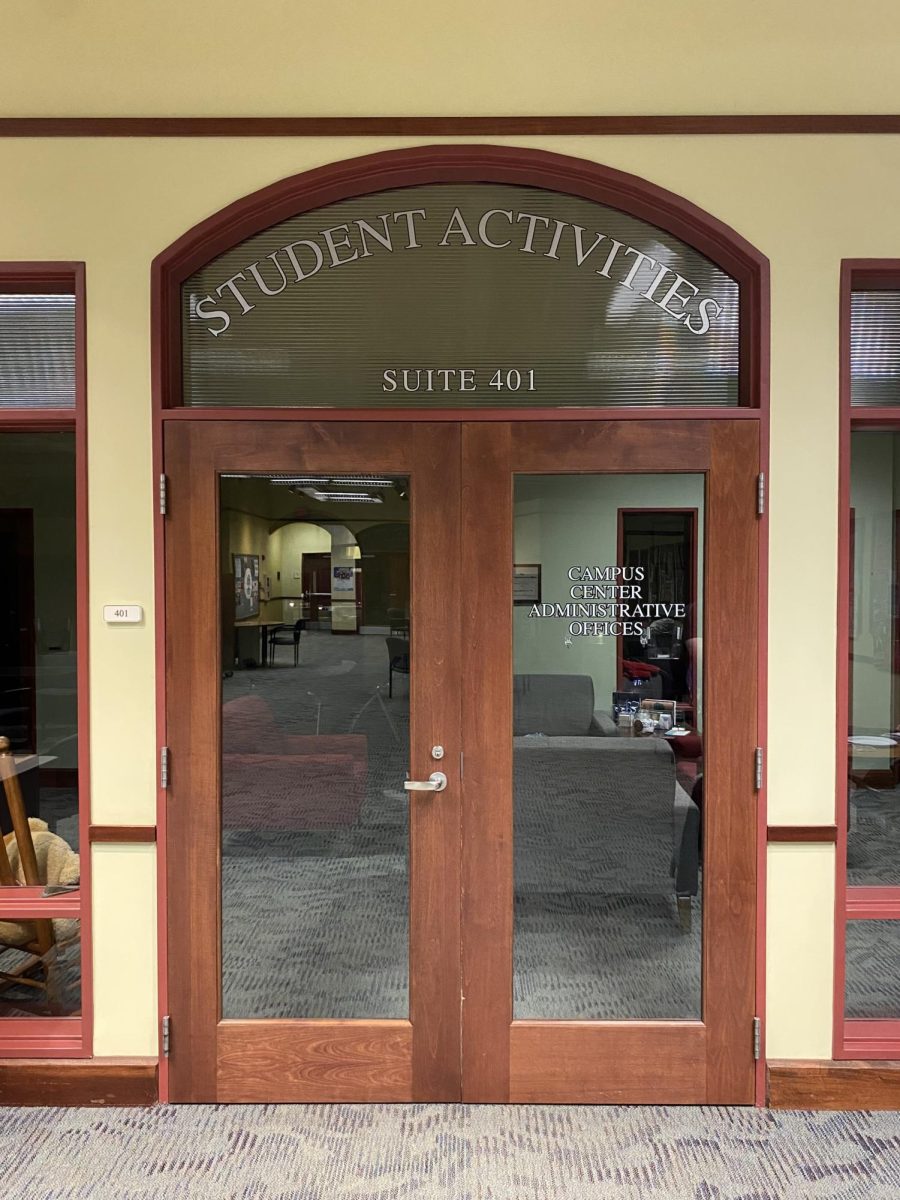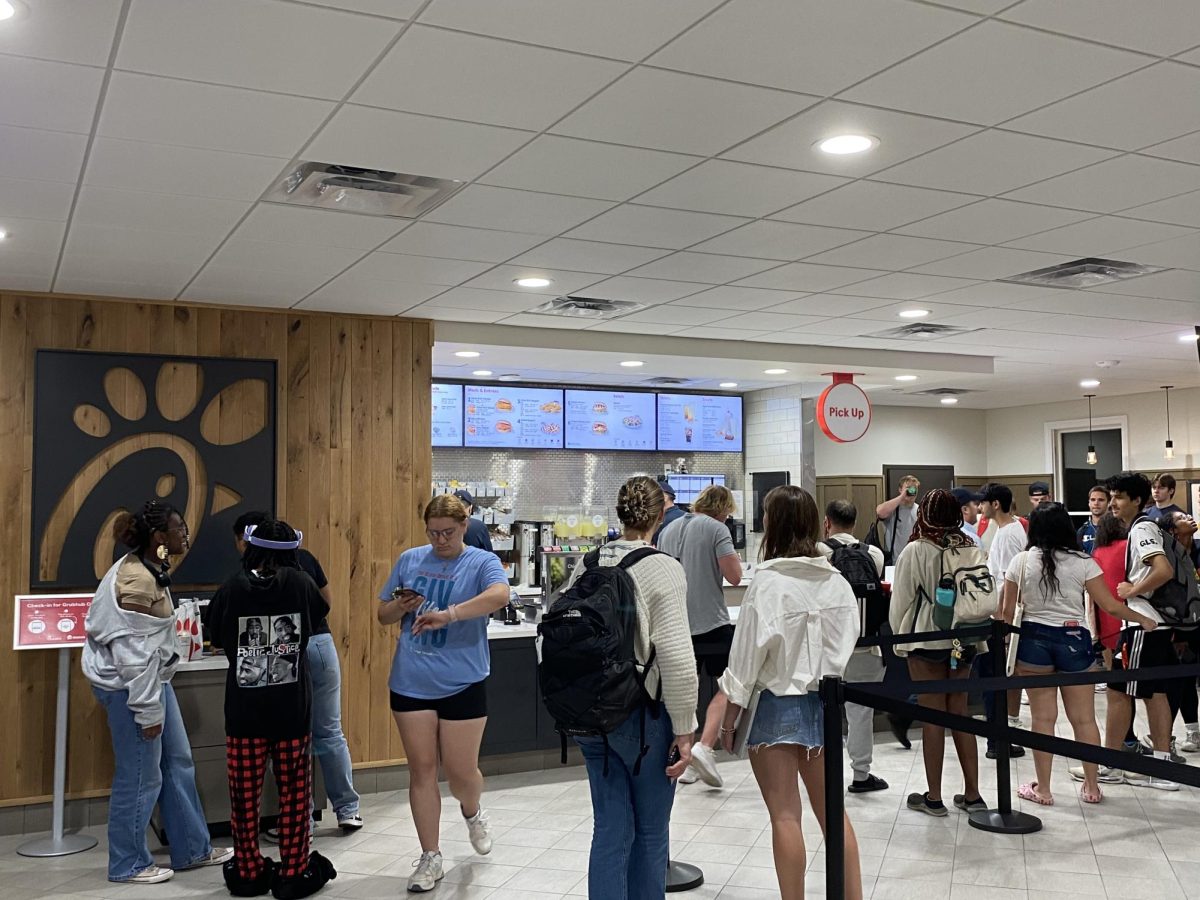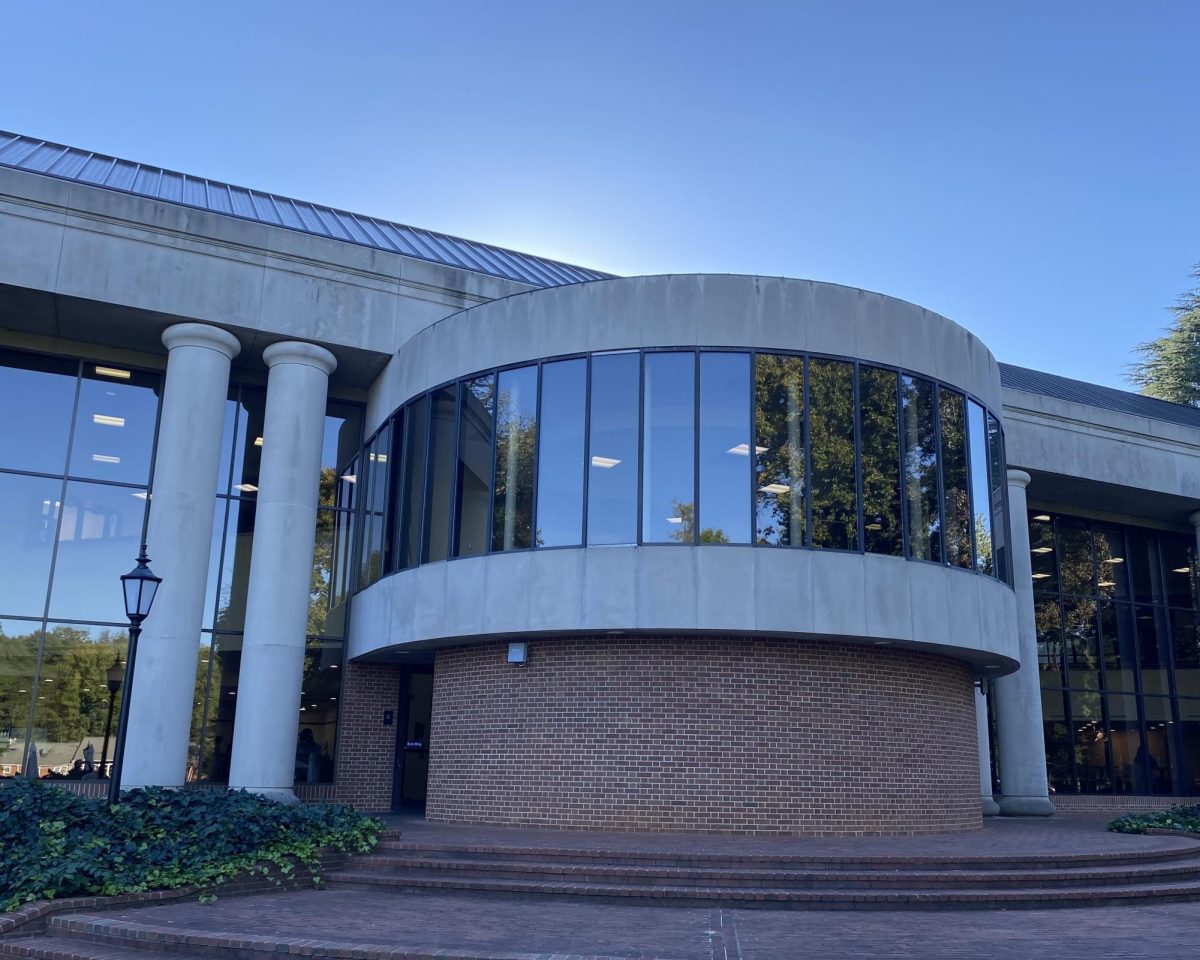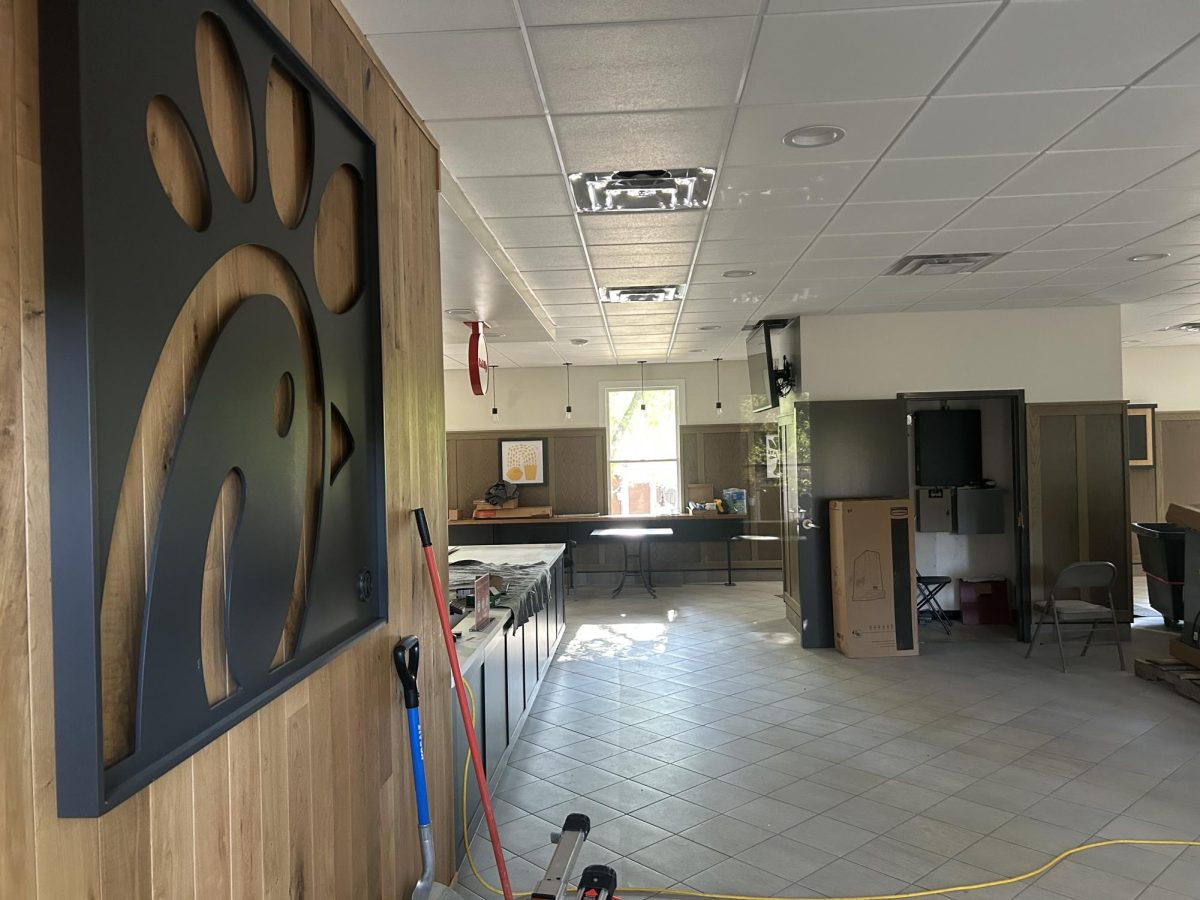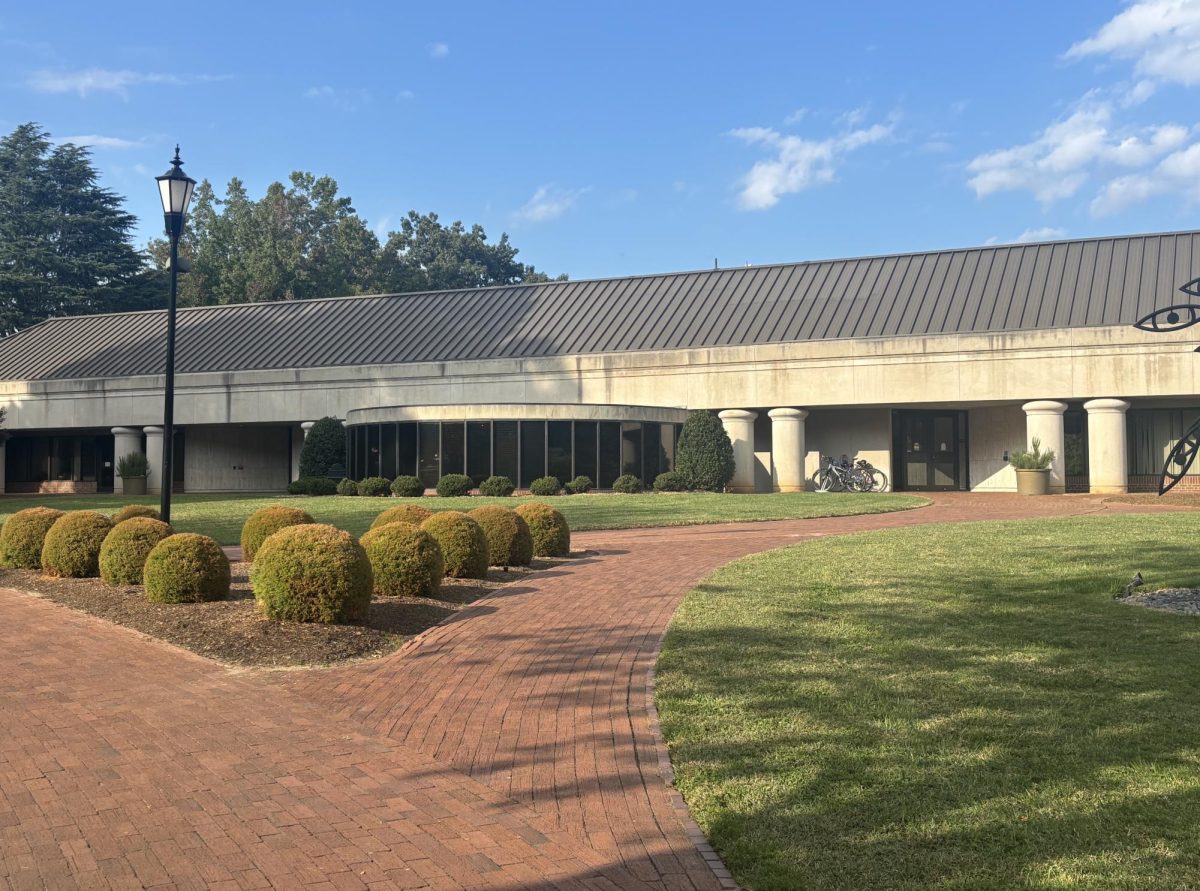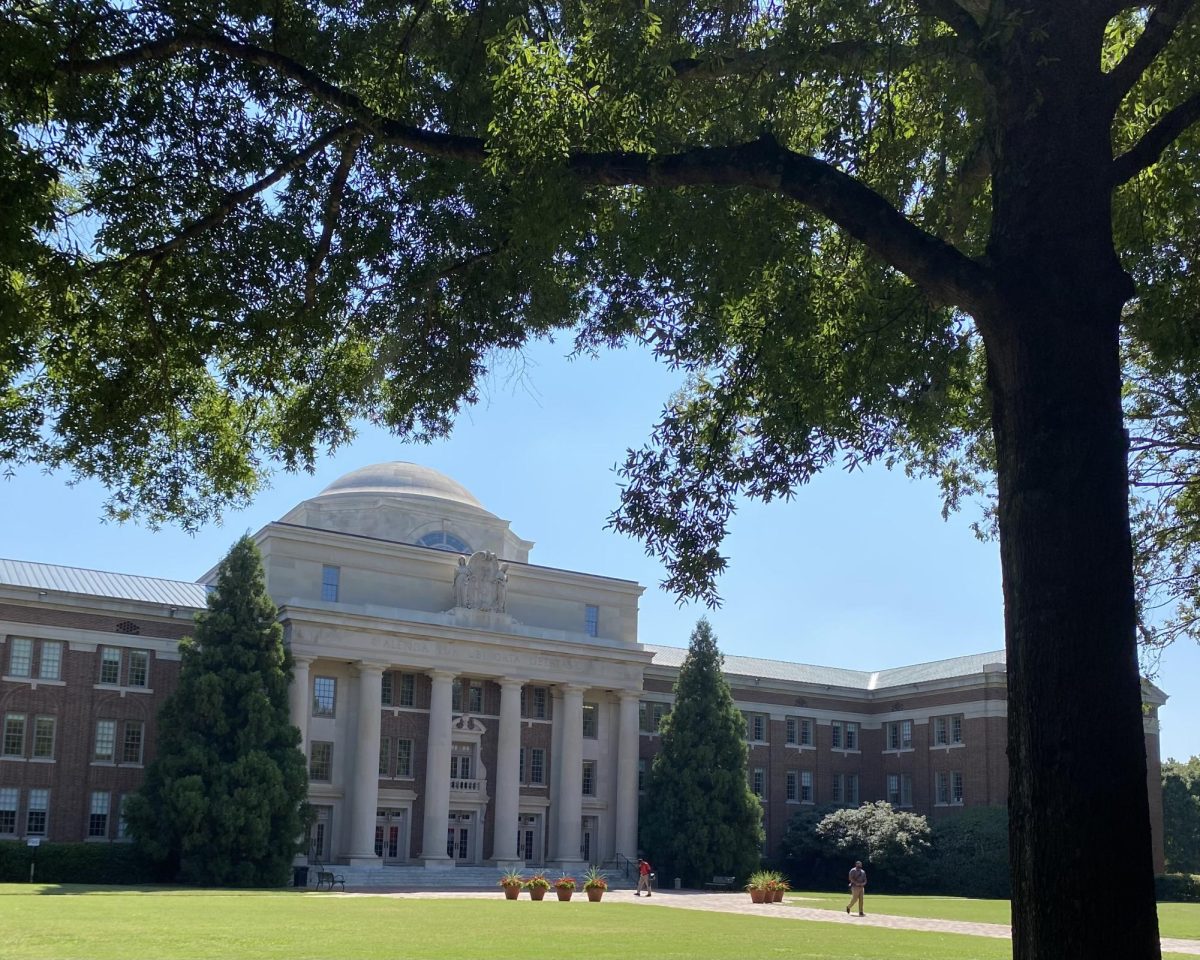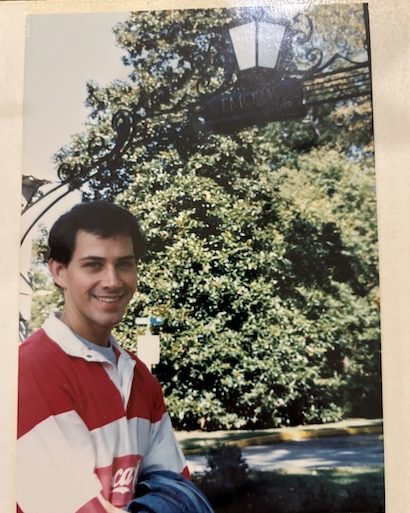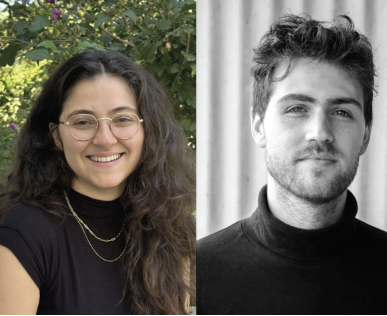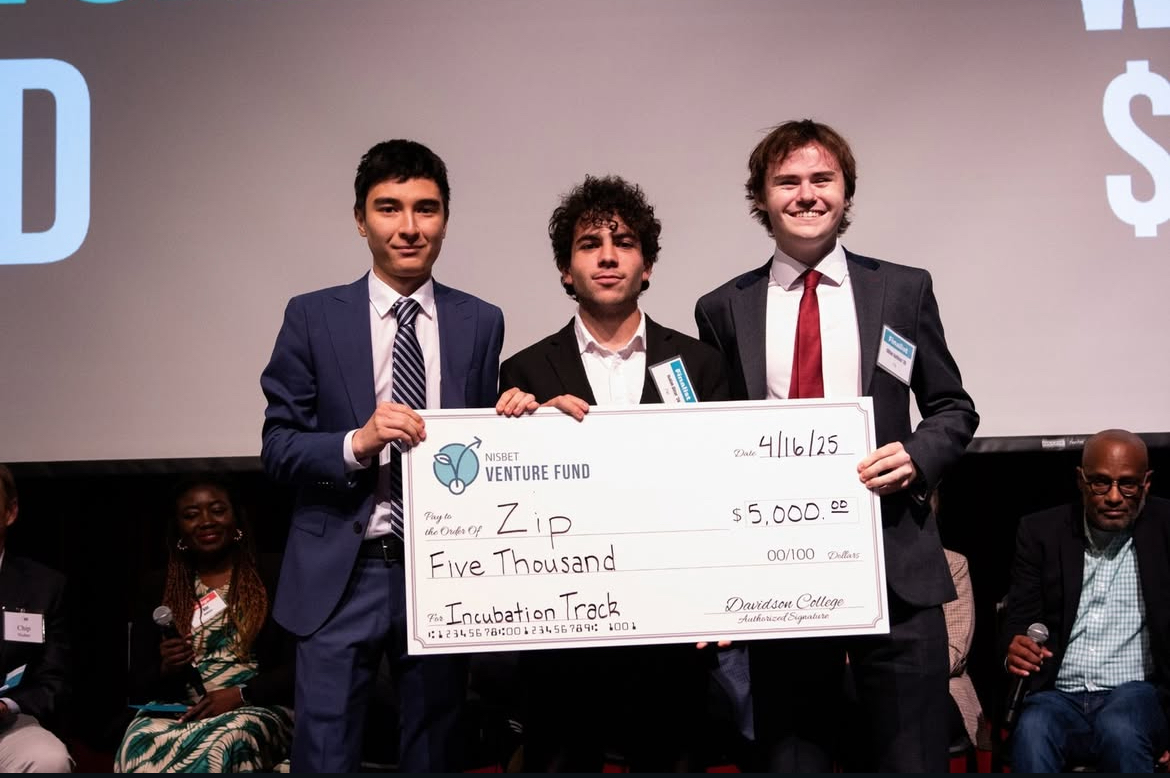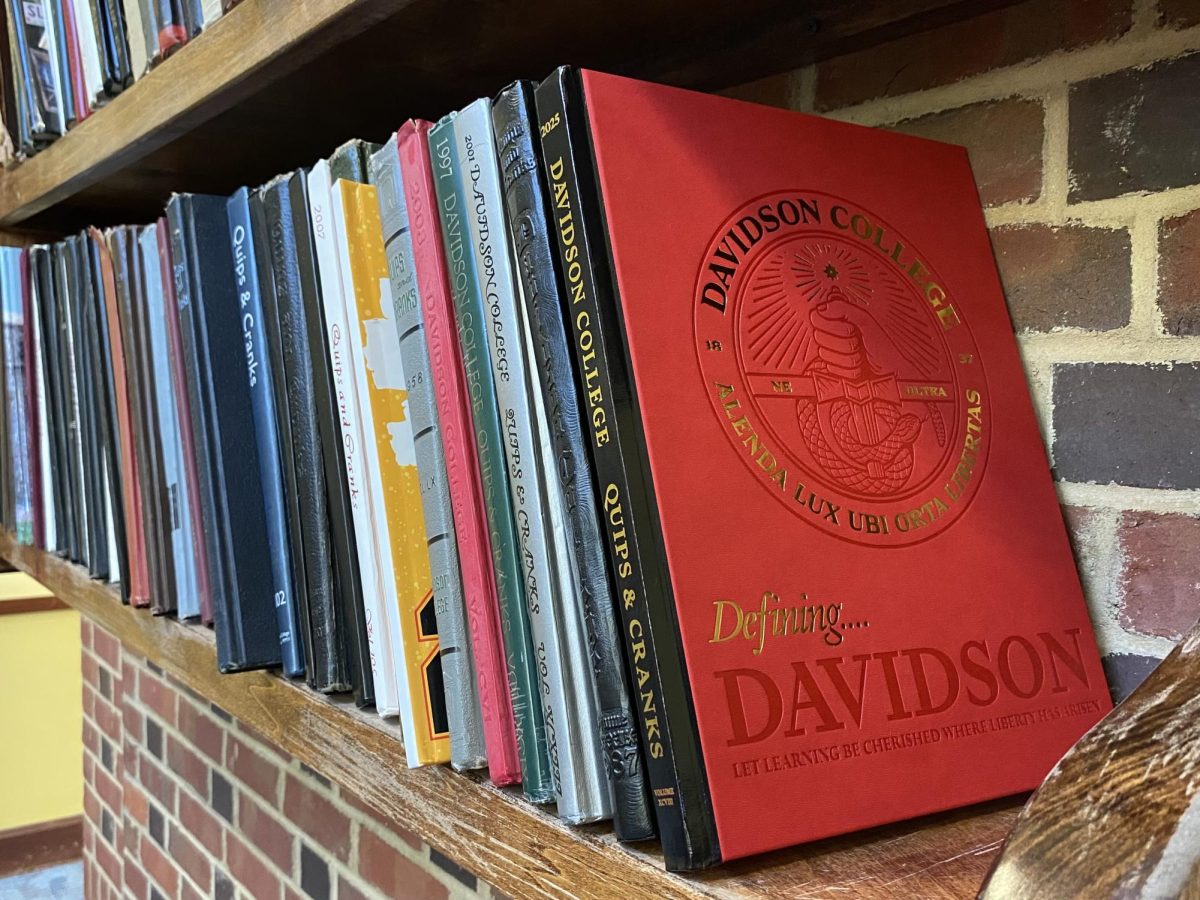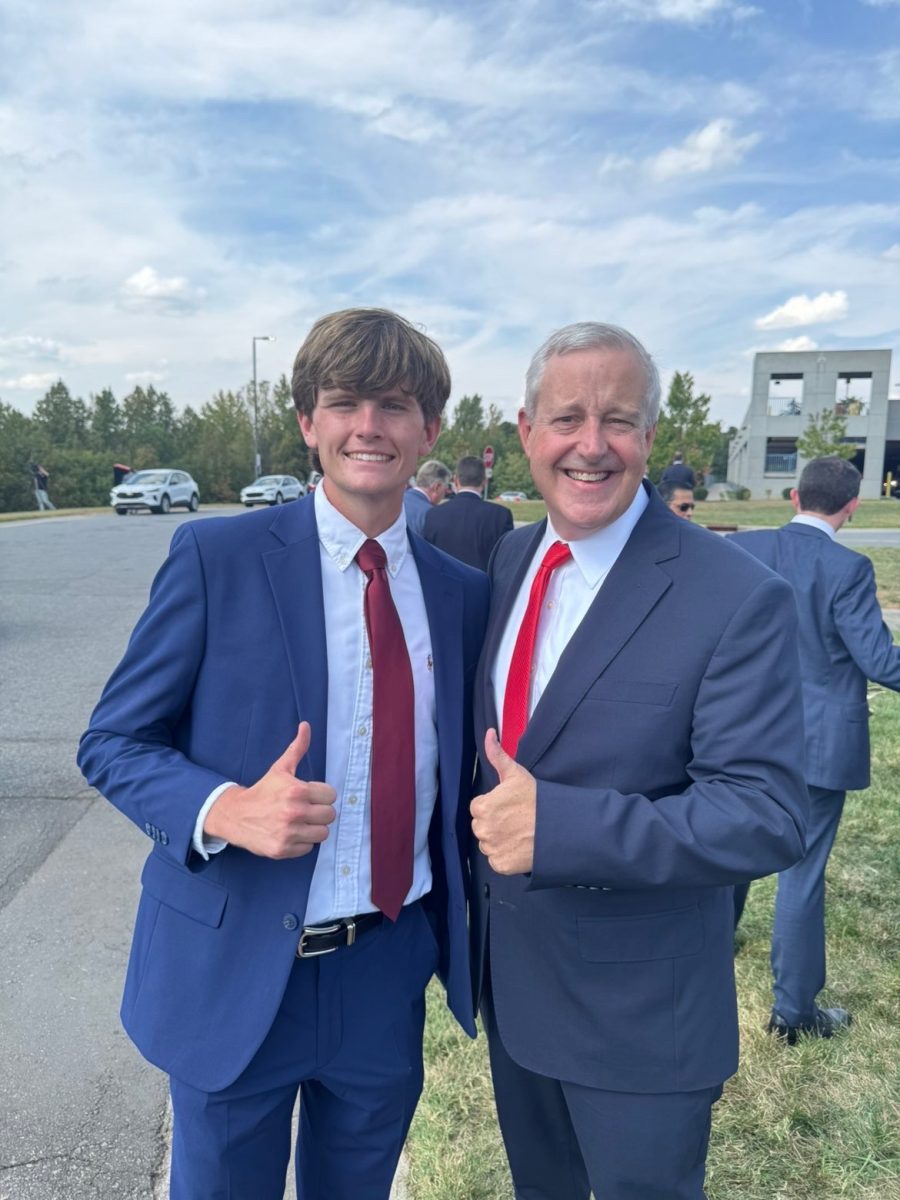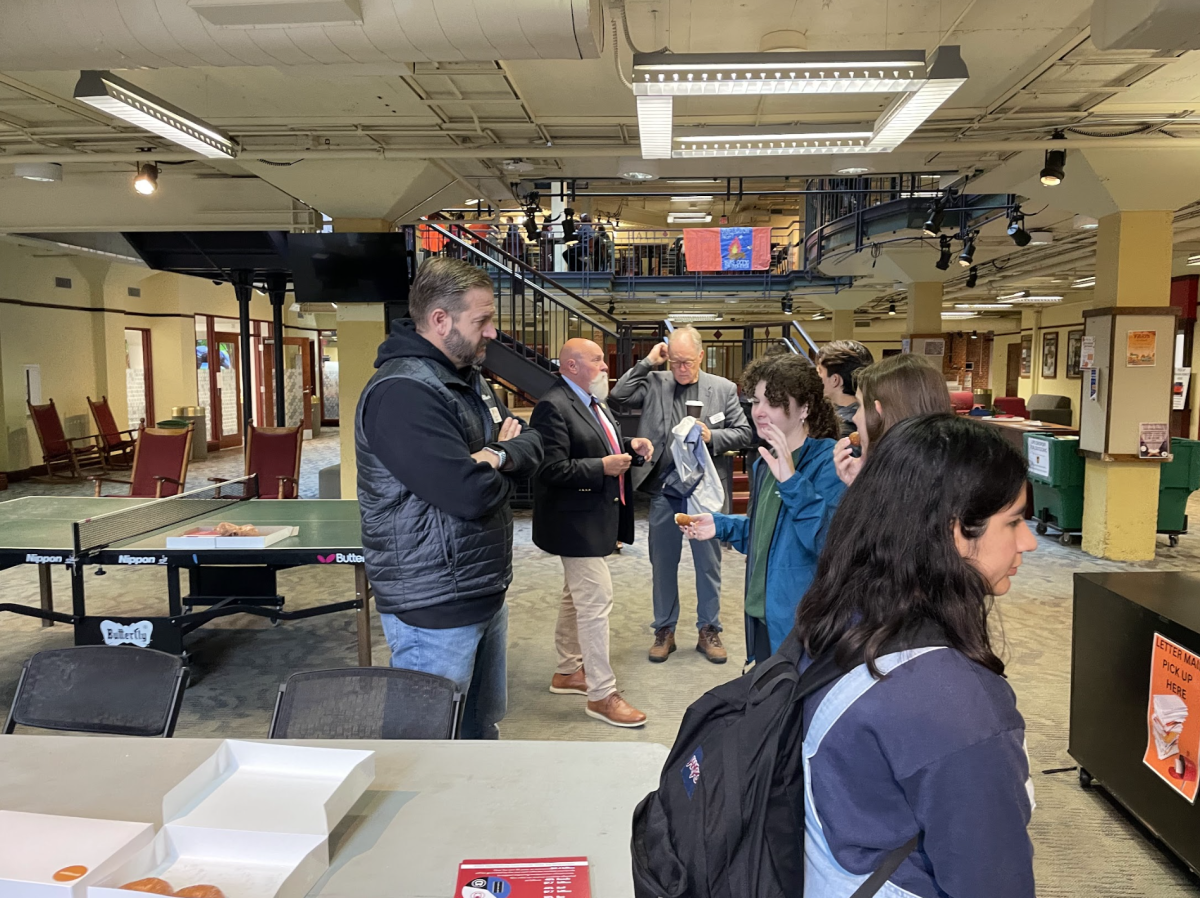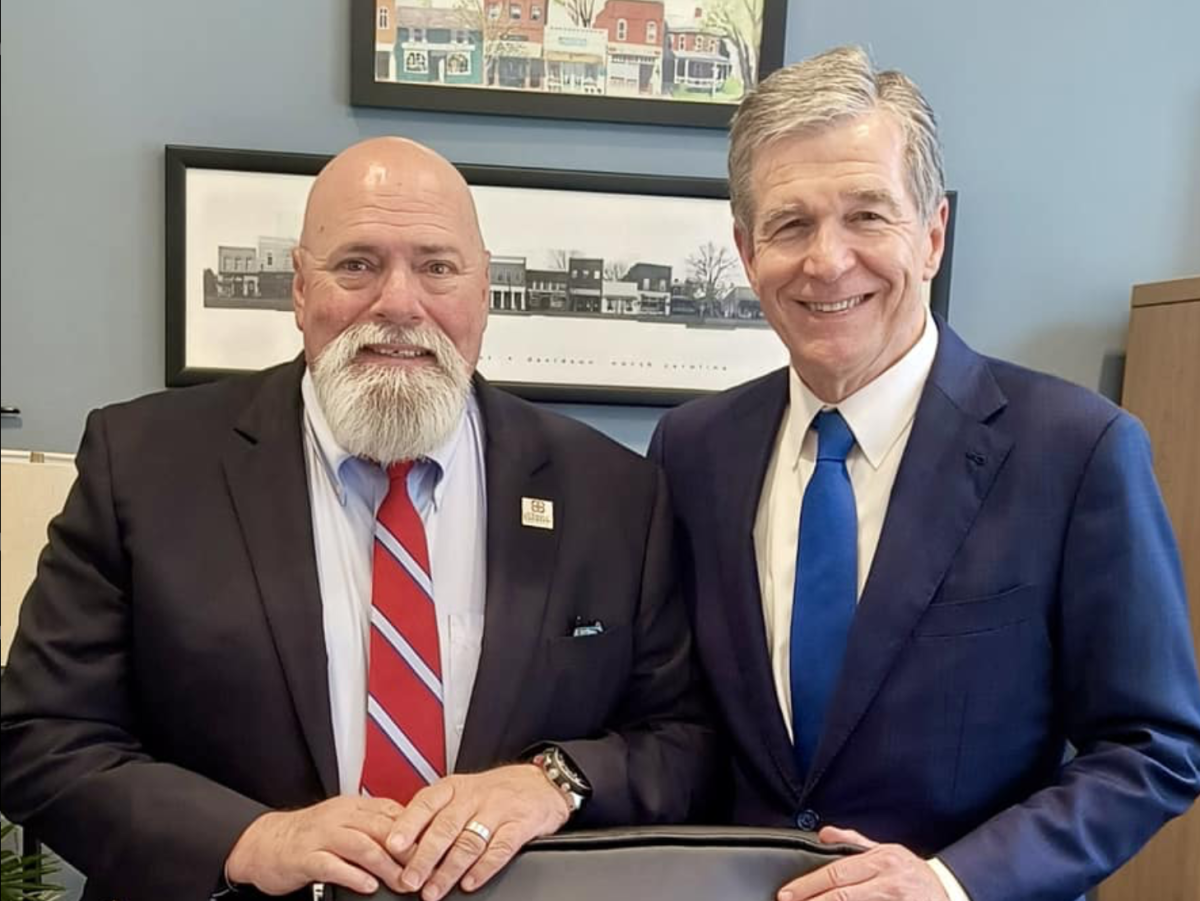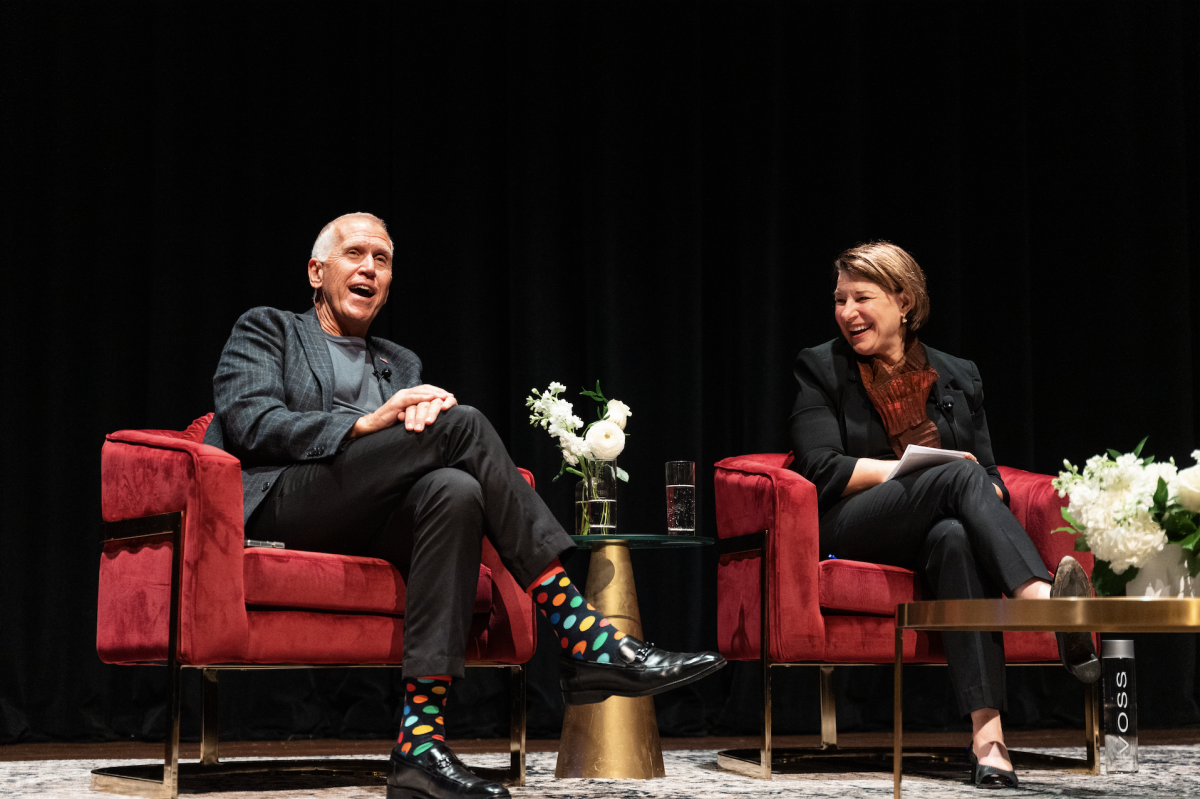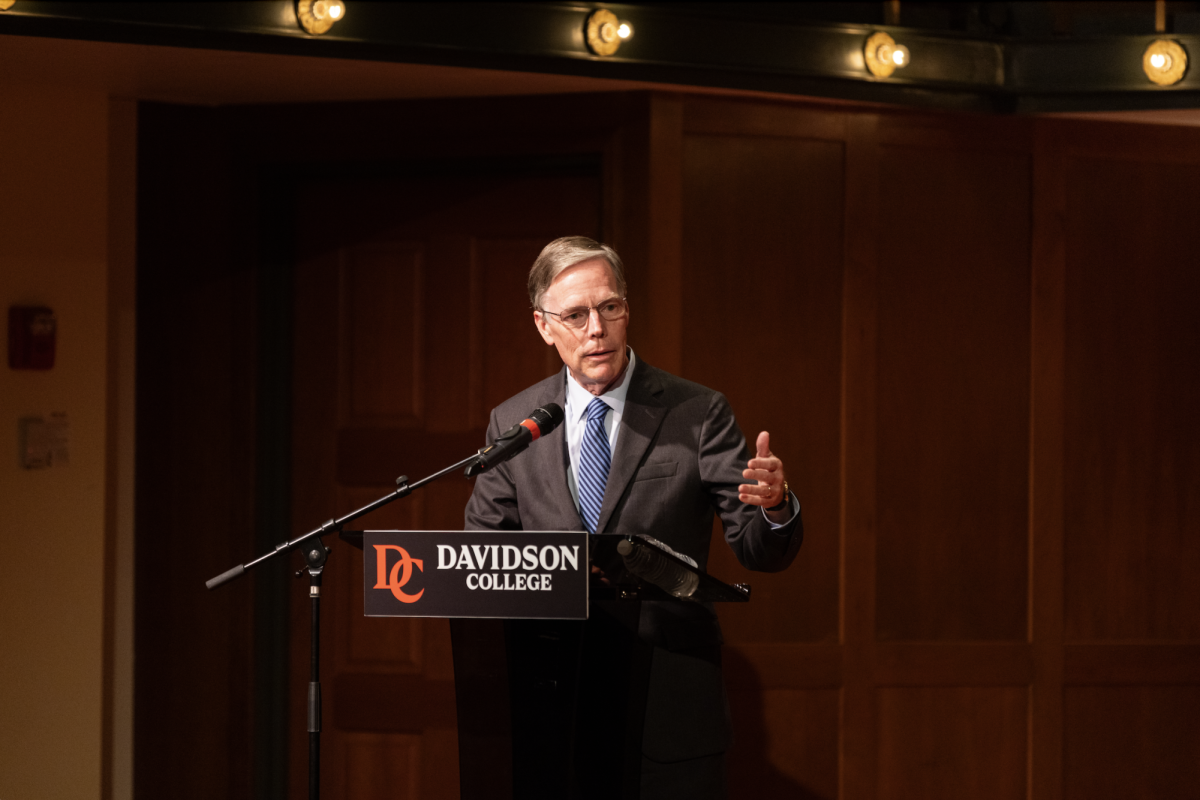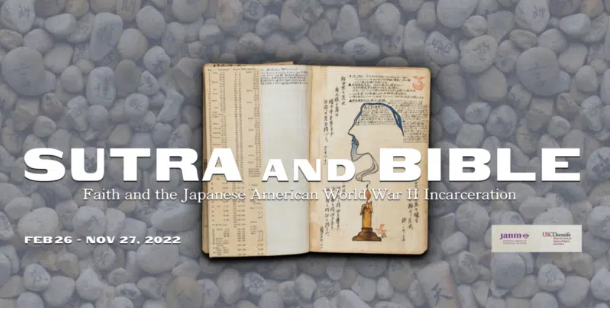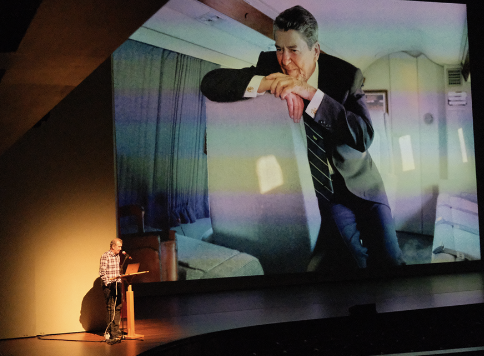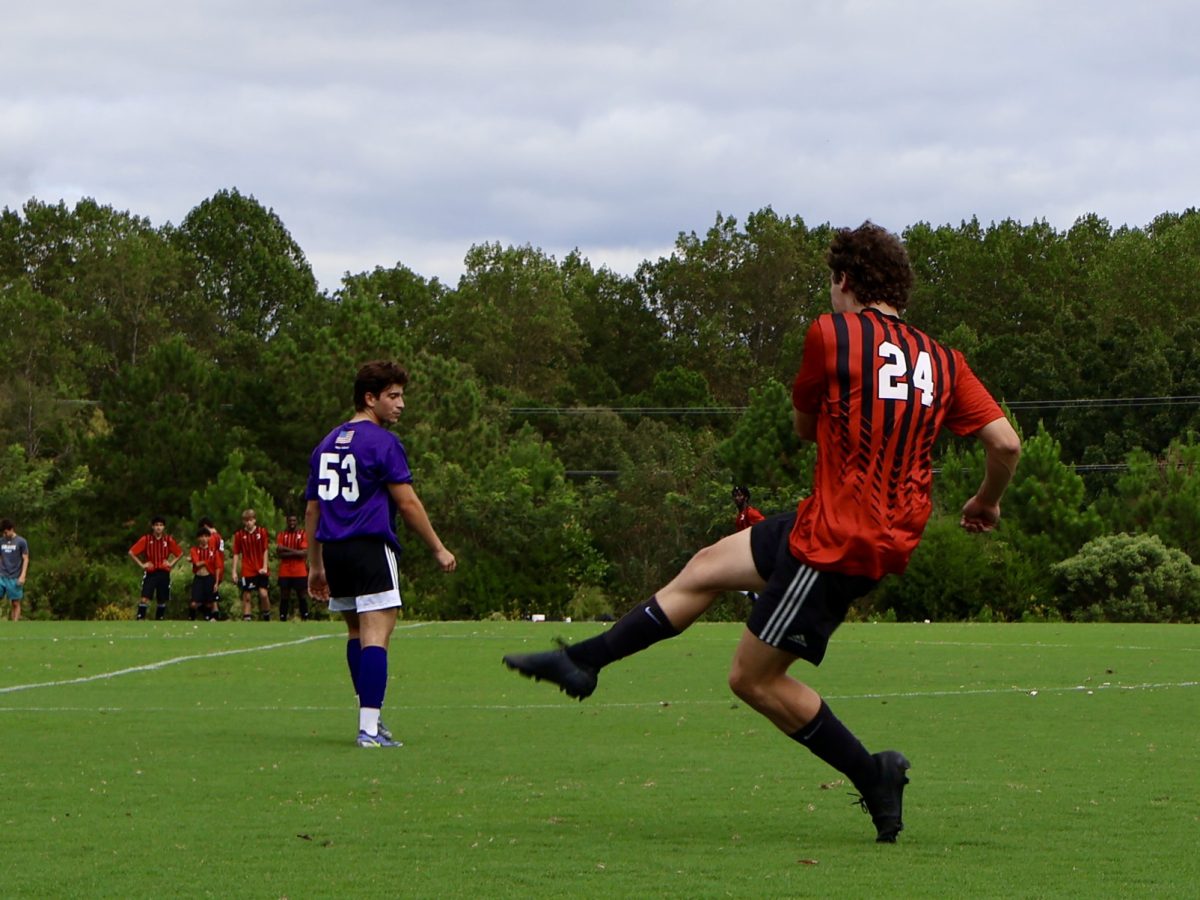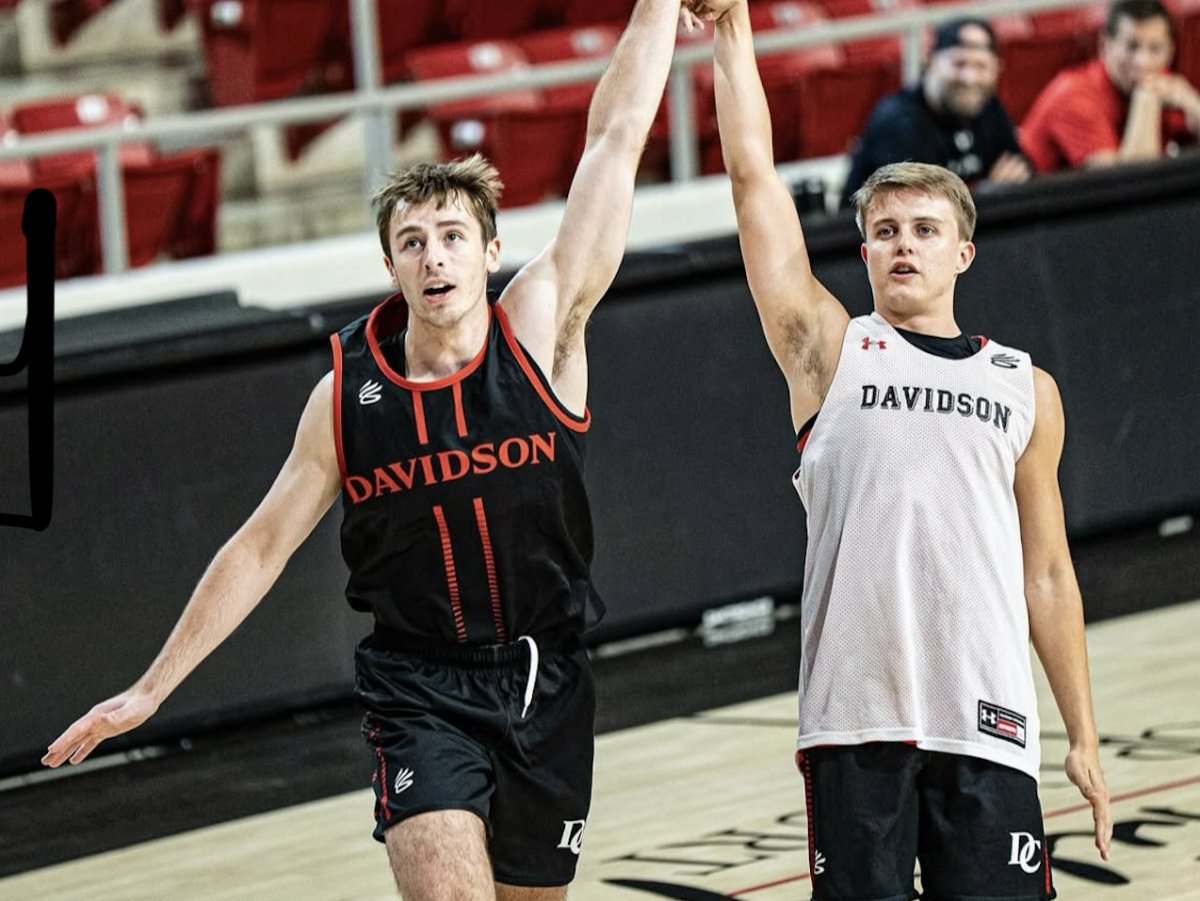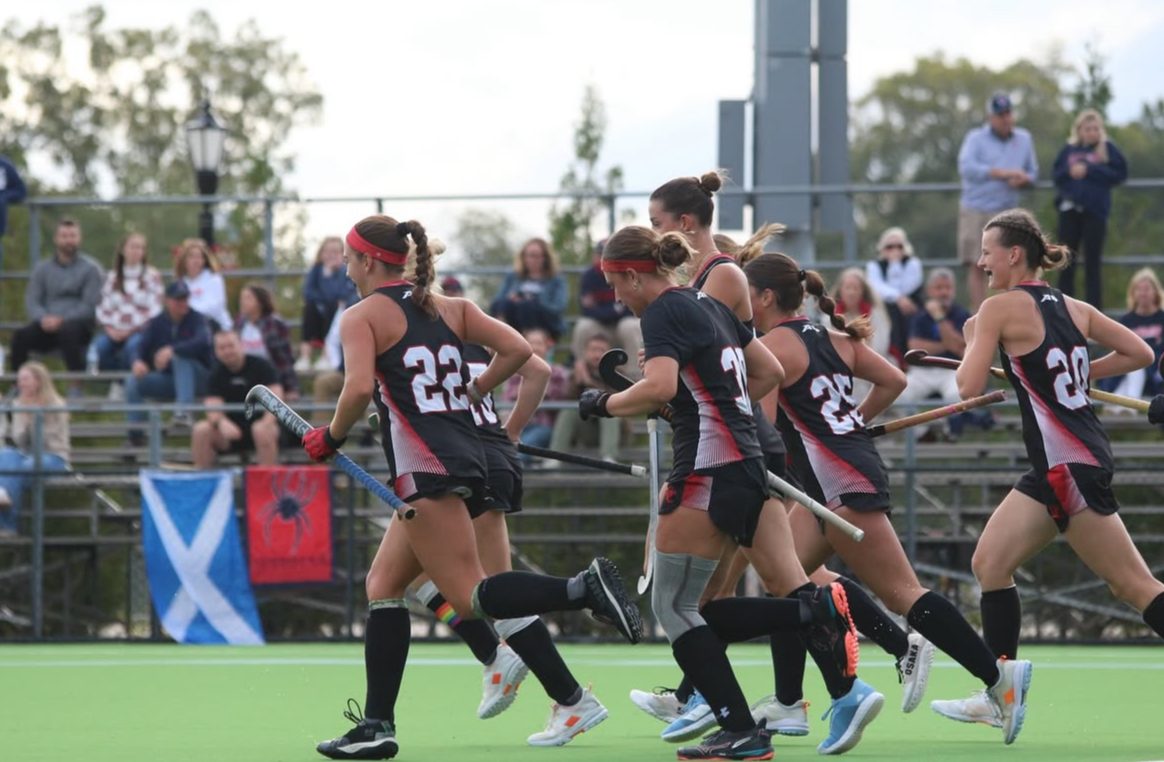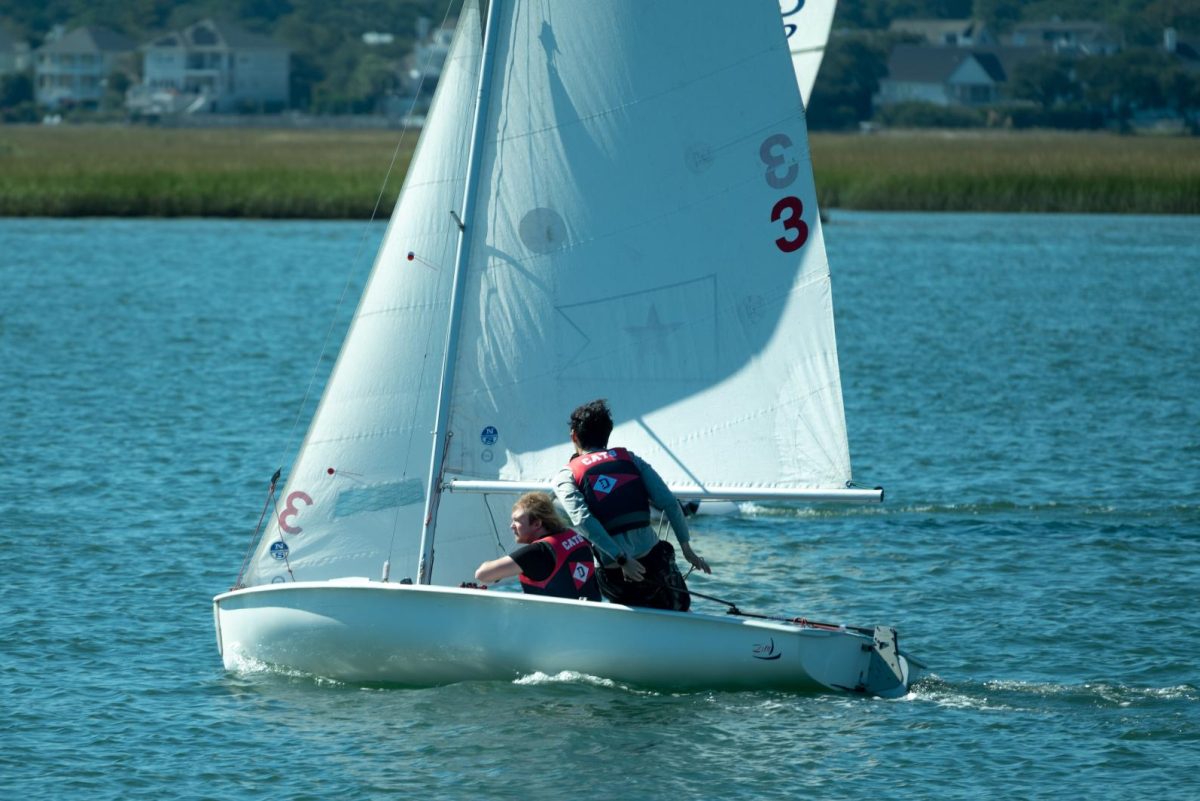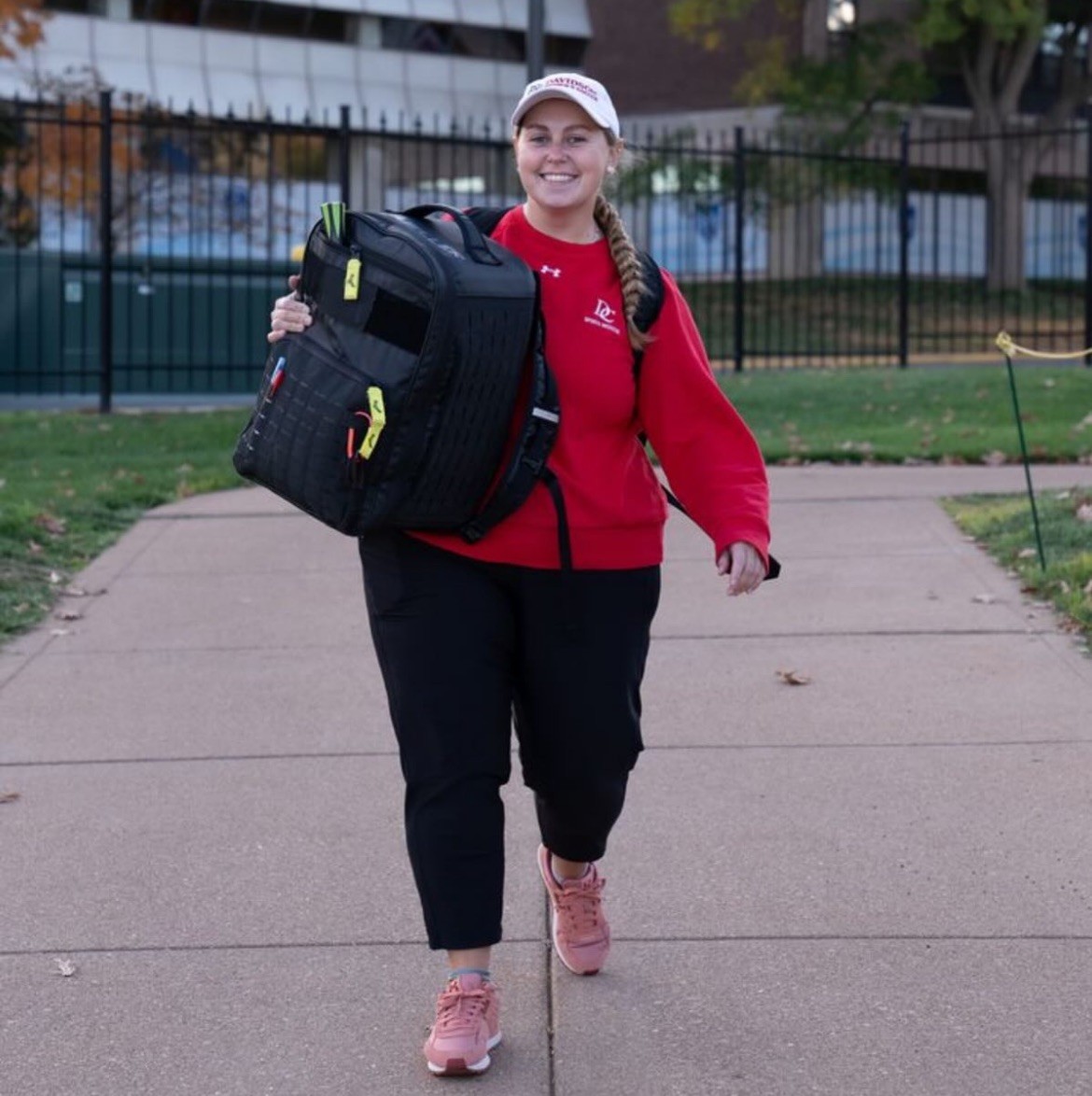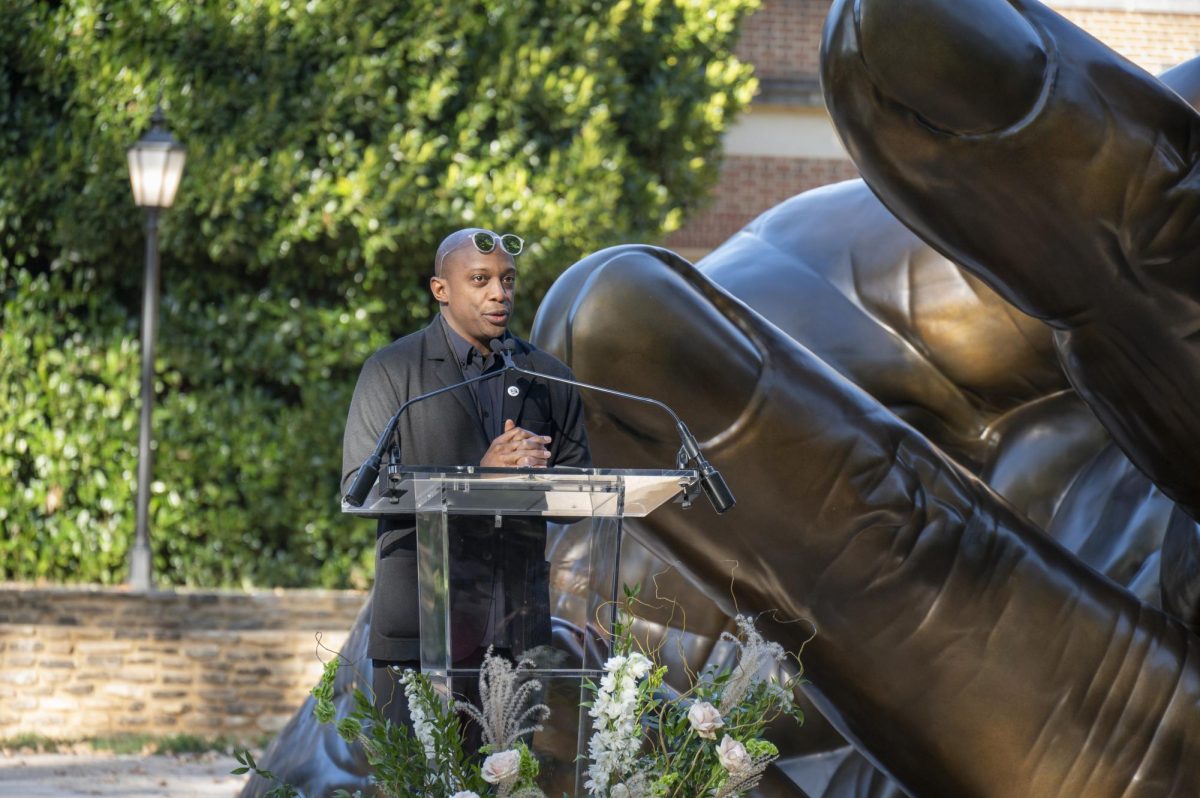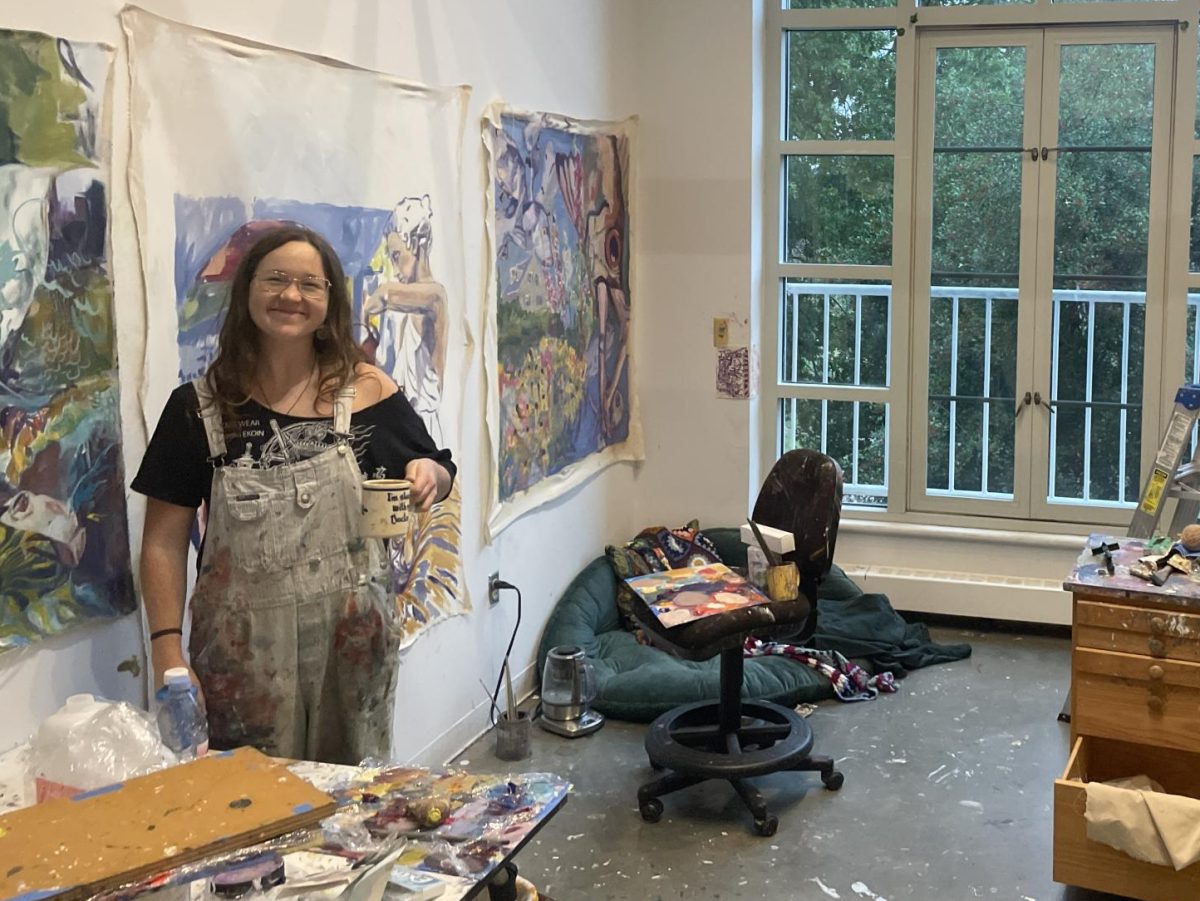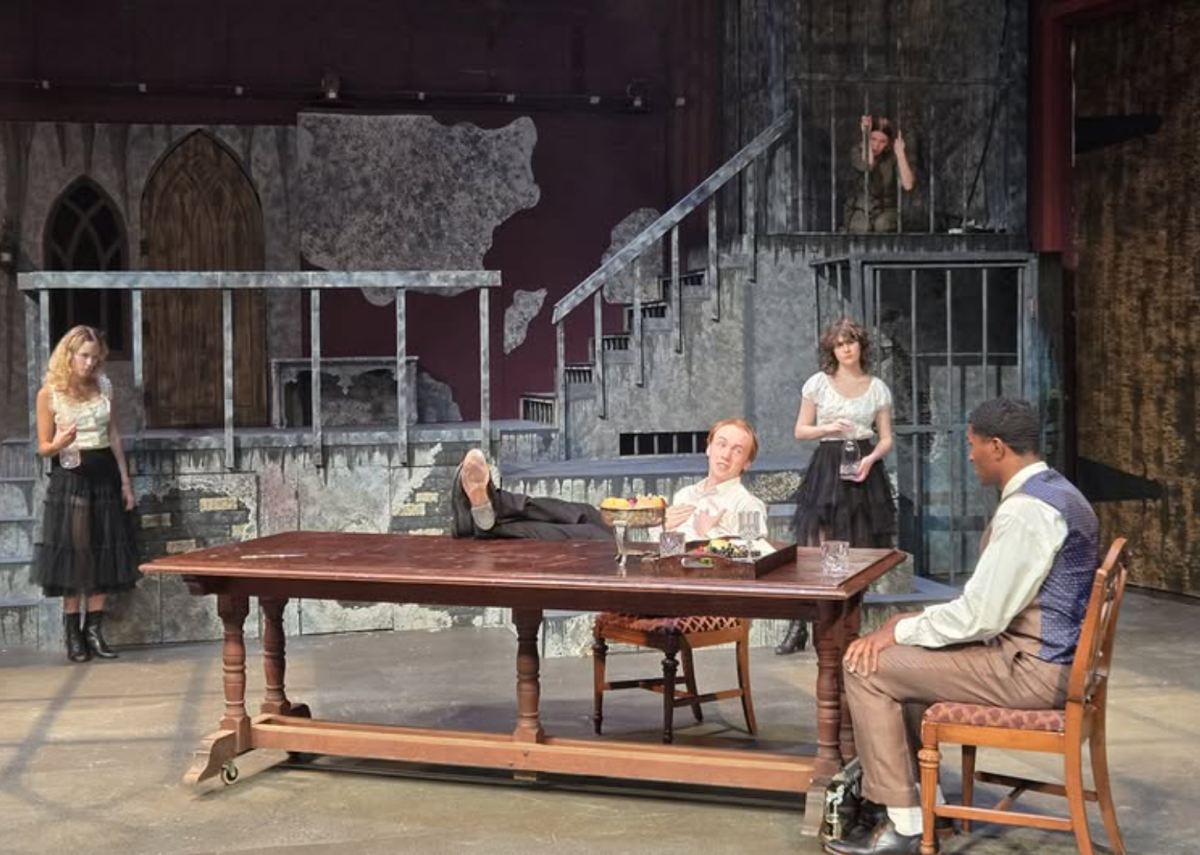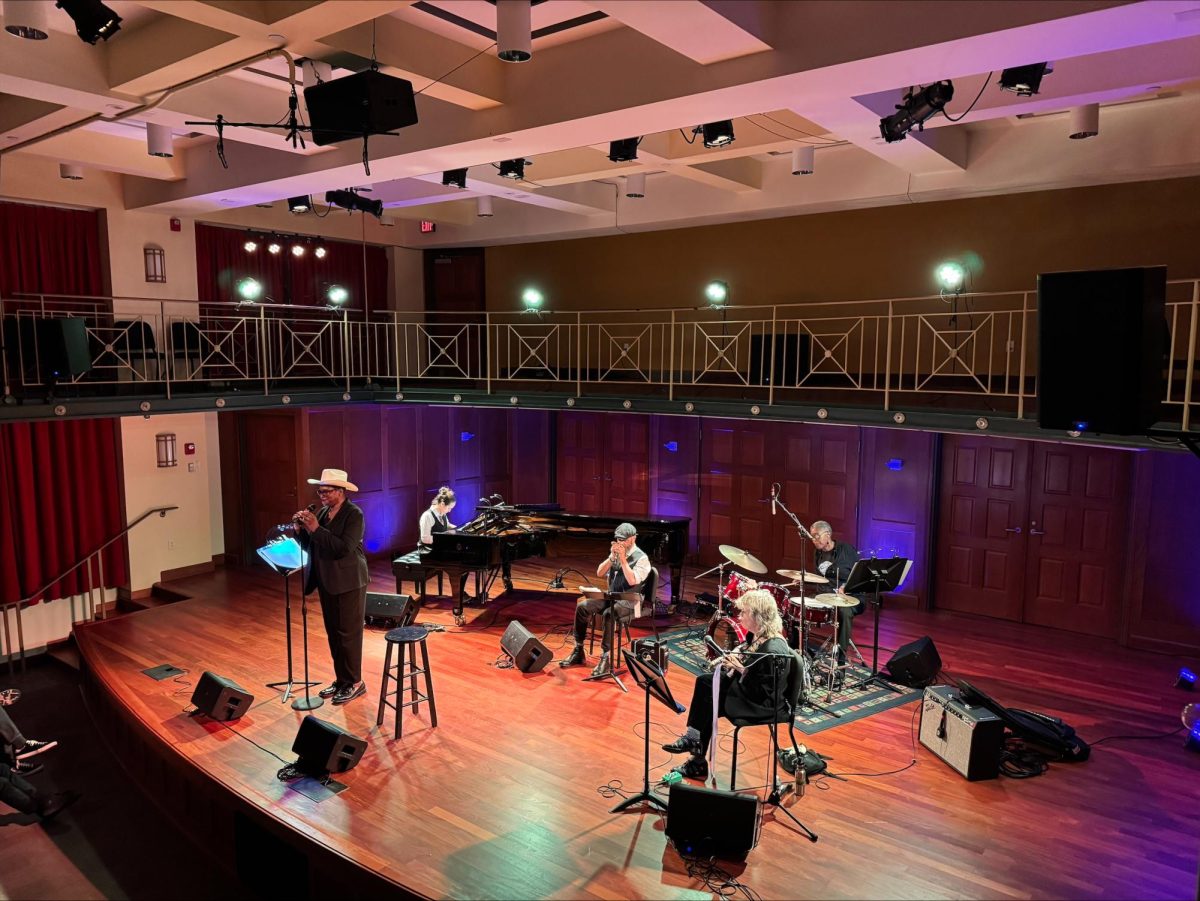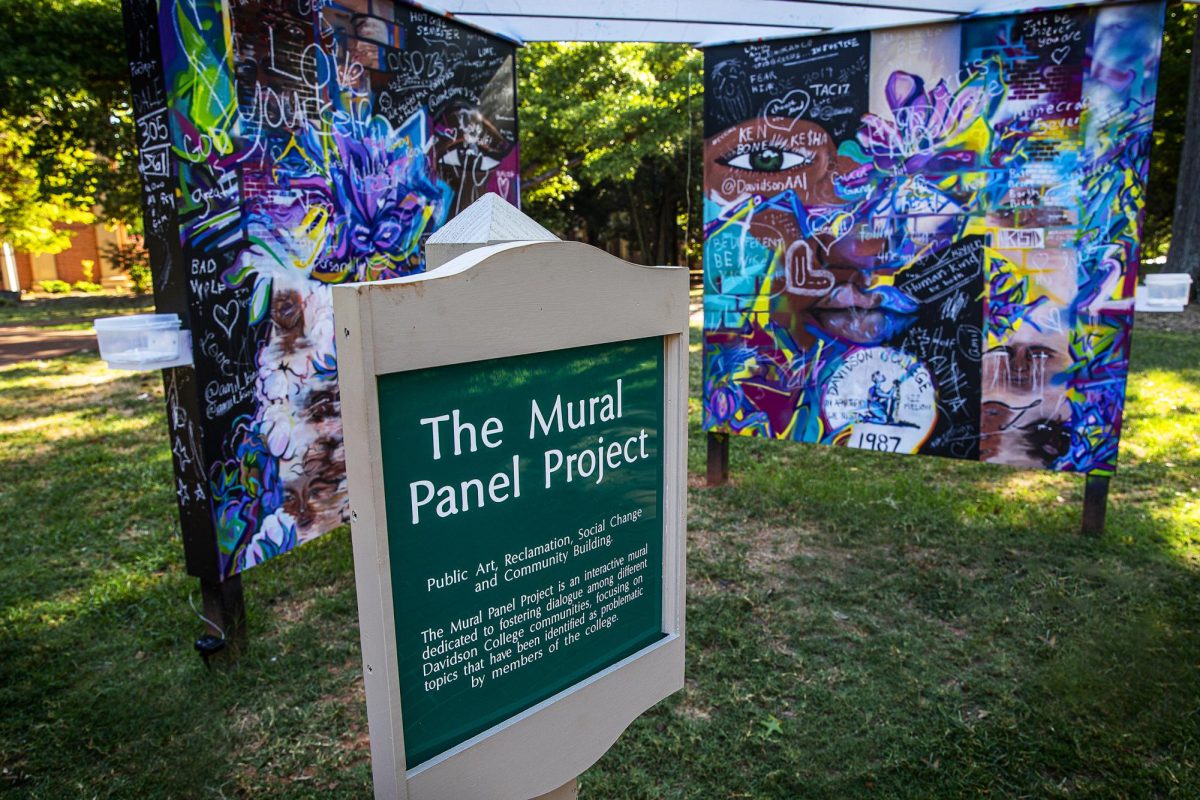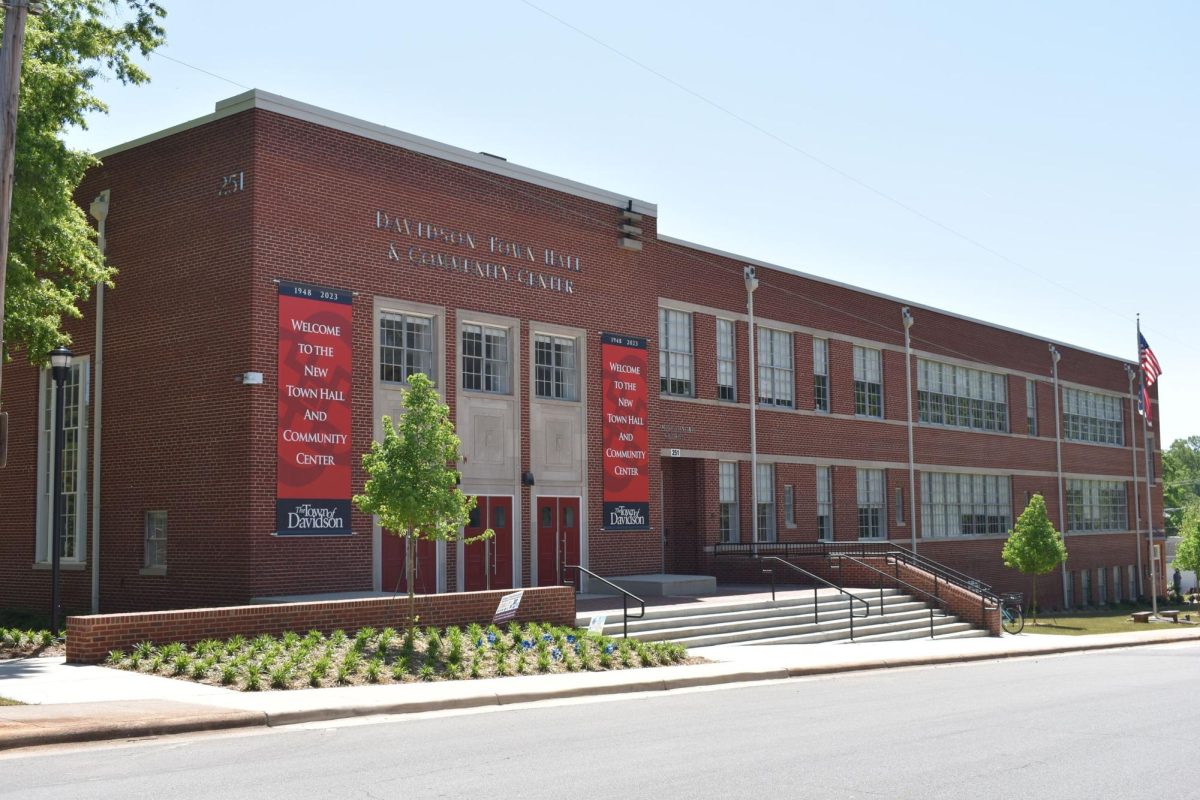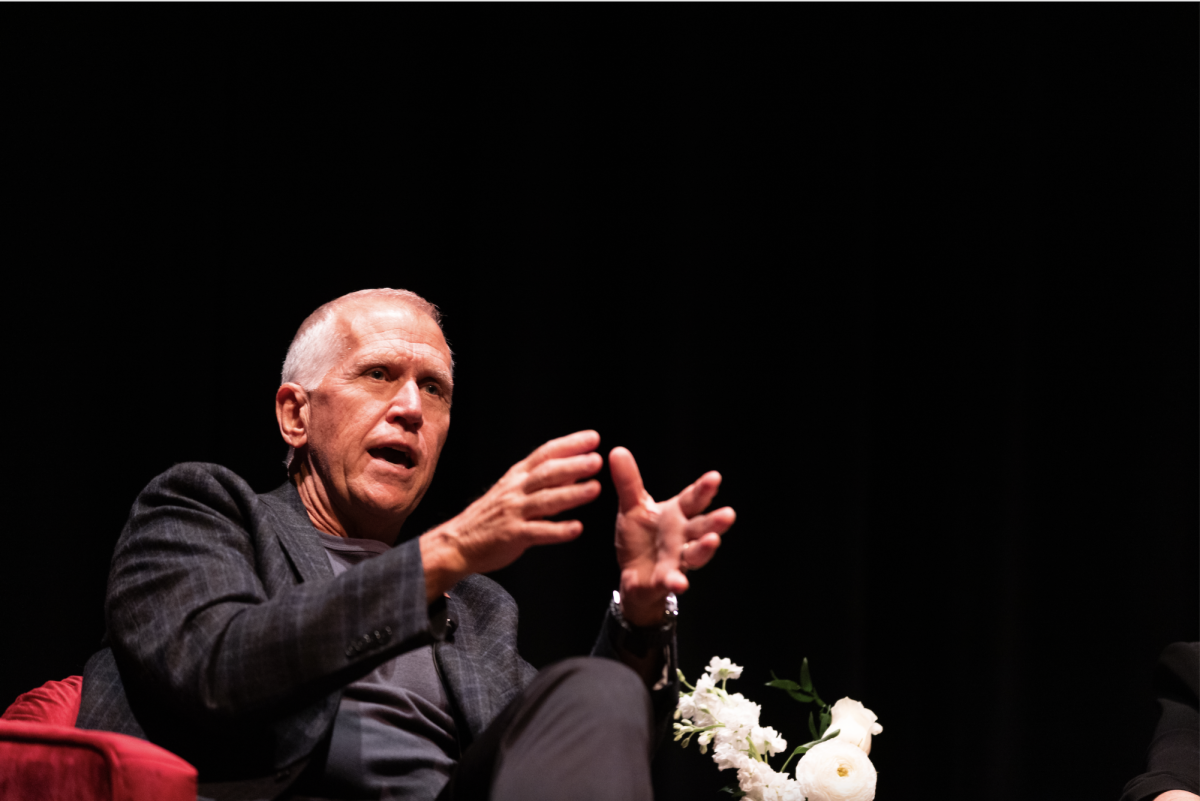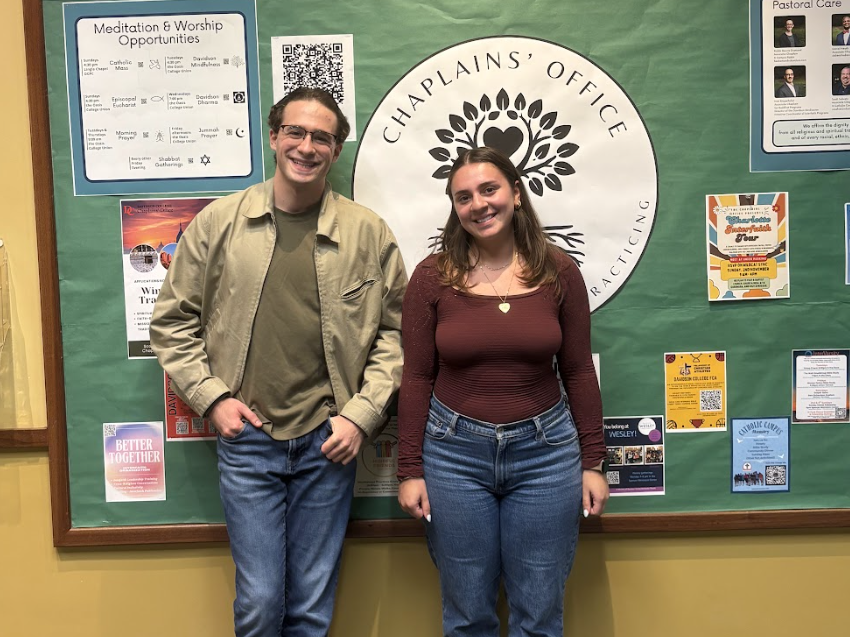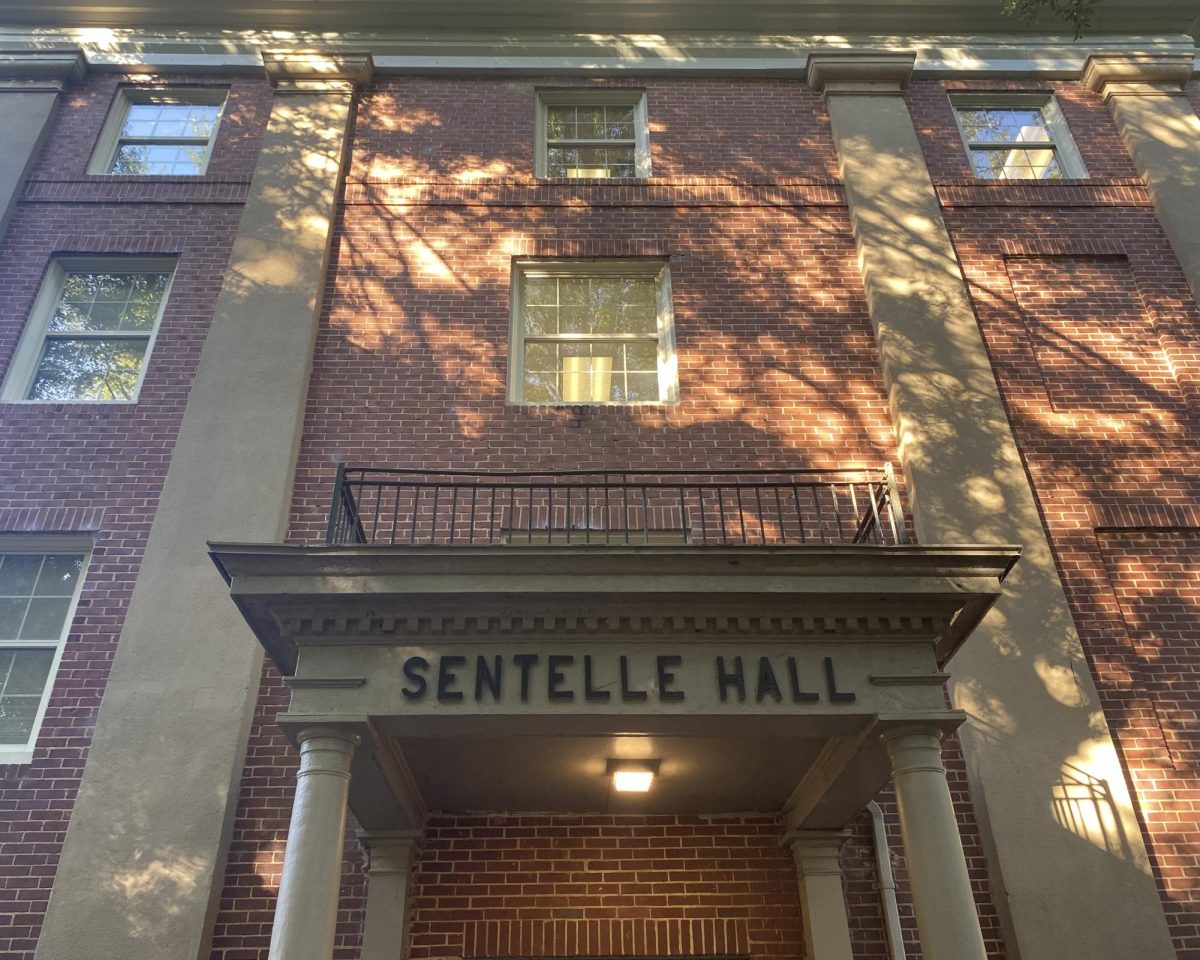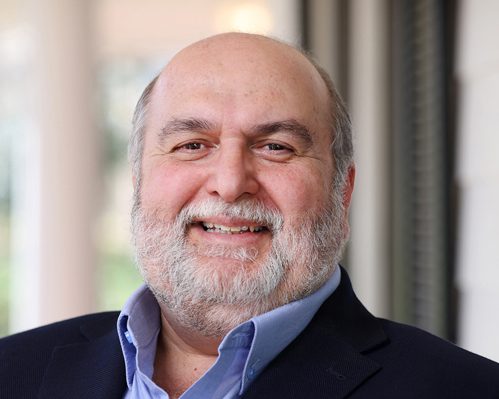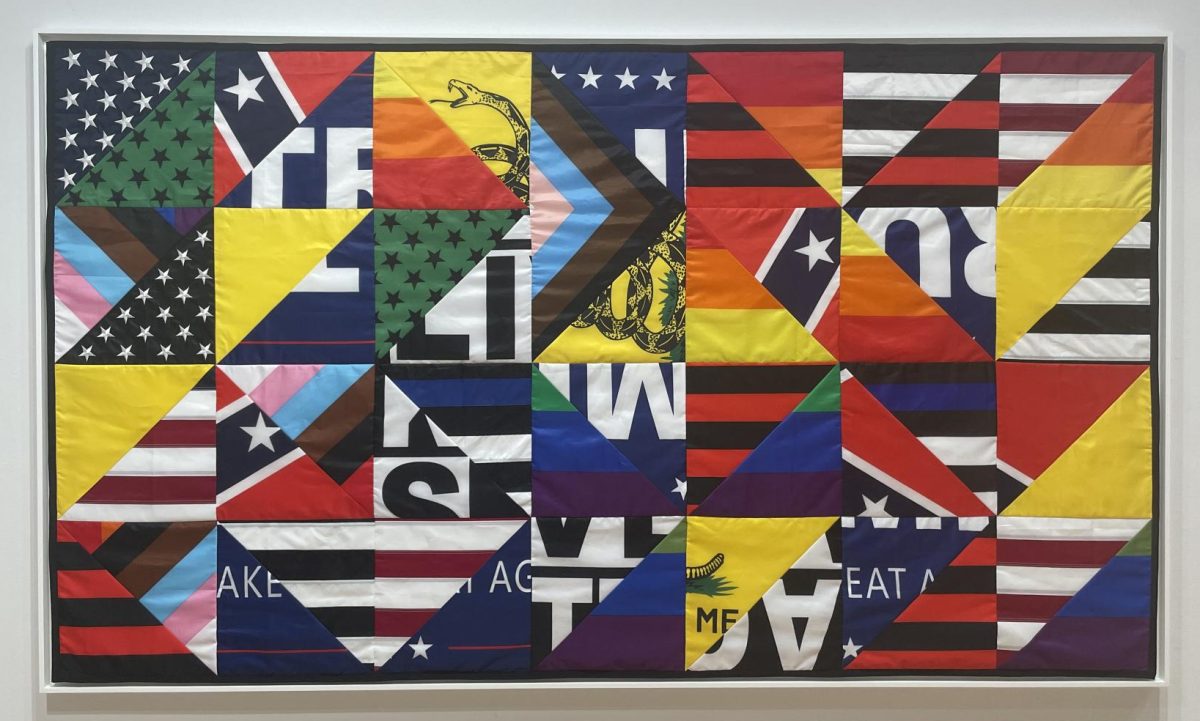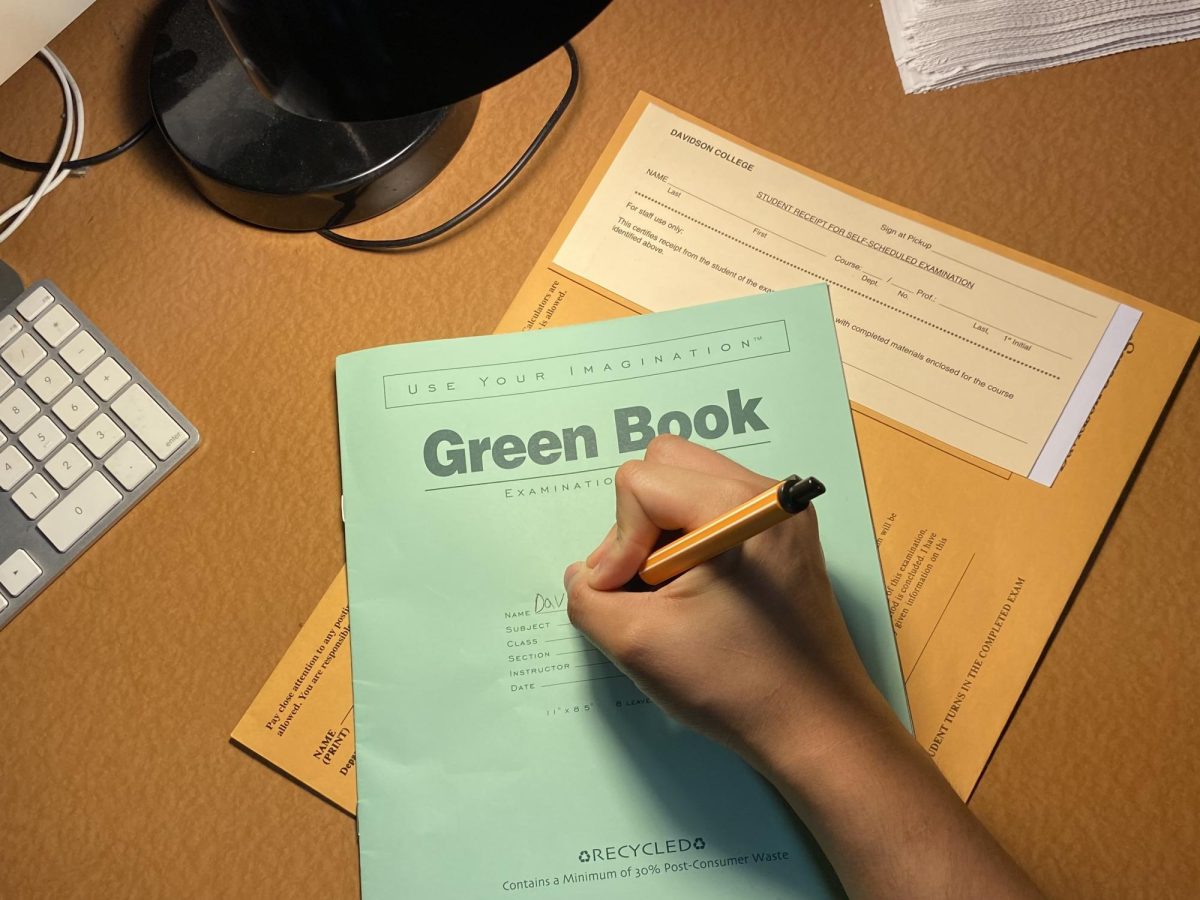Public radio stations across the country are still reeling from the House vote last week to rescind $1.1 billion dollars of previously allocated funds for the Corporation for Public Broadcasting (CPB). The move cut all federal support for NPR, PBS and their member stations. At WDAV—the classical music station in Davidson—General Manager Frank Dominguez is holding steady. WDAV is the only classical music station in the Charlotte area, and the station sits right across the street from Davidson’s campus. They regularly host student interns and open up their studio for study hours during finals week.
Dominguez has been at WDAV since 1994, and he’s spent the majority of his career in public radio. He sat down with The Davidsonian’s Stella Mackler to discuss the future of WDAV and the importance of public radio.
This interview was edited for length and clarity.
Stella Mackler: Before we get into the funding cuts for public radio, tell me a little bit about where the funding for WDAV comes from.
Frank Dominguez: In the case of WDAV and most public media organizations, whether it’s public radio or public television, most of the money comes from listeners. In our case, for example, 89% of our revenue comes from local listeners who make donations. And that includes not just individuals, but also organizations, businesses and not for profits that donate in order to get what’s called program underwriting or sponsorship, where their business is acknowledged in a very sort of straightforward way.
The other 11% came from the Corporation for Public Broadcasting in the form of a community service grant. In order to apply and receive a community service grant, there were various criteria you had to meet. We have to prepare a report every year of the programming we’ve done and the activities that we’ve been involved in and how they serve the community. In our case the community service grant was about 11%, which is the equivalent of about a quarter of a million dollars. Our budget is $2.2 million so that even though 11% doesn’t sound very impressive, when it represents a quarter of a million dollars that’s hard to replace.
SM: How are you talking about the funding cuts with your staff and program hosts?
FD: From the moment the election was decided, it was clear that this was probably going to be something that we’d have to deal with, and it was a question of when. It started to get real back in February or March, when it was learned that the administration was planning to send a letter to Congress requesting rescindment of the funds that had already been appropriated for public broadcasting. One of the things that’s so upsetting about this rescission is that CPB was set up to be an independent organization. It’s not a part of the government. It’s this free standing, not for profit, organization, that through an act of Congress receives appropriations two years in advance to fund public broadcasting, and the whole point of that two year advance appropriation was to avoid undue political influence in the appropriating process.
The fact that this rescindment [being] voted on is really the first time that any of the many attempts to remove the funding has been successful makes it very clear that the objective is not just to save money, but to strike a blow at public broadcasting. It would have been easy to say, “This is the last funding you’re going to get. You’ve got two years. Figure out what you can do after two years” But that was not enough. The decision was made to pull back that already appropriated funding. That makes transparent the real motives behind this. It’s to really disable the system of public broadcasting that formed 50 or more years ago and has been serving the public so well.
SM: How are yall thinking and talking about the future at WDAV? Will certain programming have to be cut?
FD: Because we have reserves and don’t have any outstanding institutional debt or anything like that, we feel confident that we’re not going to need to let go of staff. We definitely have to give up some things, tighten the belt, in order to make up the difference. Every profit that the organization makes goes right back into the organization rather than paying off executives or shareholders or anything like that. So we’re in a strong position, but we do have to cut something. We have to keep costs down. That’s probably going to affect opportunities for people to travel to conferences and to participate in educational experiences so that they can advance in their careers.
There’s definitely programming that we’re going to have to identify and say, “Okay, this is pretty pricey. Are we going to continue to pay this, or are we going to stop paying for this particular programming that we acquire from National Public Radio or American Public Media?” Because we need to save the money to be able to pay people. We haven’t made the decisions yet other than the decision of not to cut staff, human beings who live and work here in this community.
SM: Does your position as part of the College provide any cushioning? Can you explain that relationship?
FD: Absolutely, and it’s one of the things that’s really fortunate for WDAV, as opposed to say, WFAE which is a community licensed organization. We are extremely fortunate to be part of Davidson College because that means that we don’t have to staff a human resources office. We don’t have to have a business manager or a financial services office. There’s a lot of stuff that we can do through the College that saves us close to a million dollars.
In other words, even though we don’t get cash directly from the College, we do have in kind support from the College that is very valuable, and means that we have to raise less money than we would have otherwise. So that puts us in a good position, and that’s one of the reasons why we feel confident that we’re not going to need to let go of staff.
SM: A lot of college students get their news on social media, and they get their music from Spotify and Apple Music. Could you speak to the importance of having these public radio stations for news and classical music for young people who maybe don’t think about it as much?
FD: One thing is that we’re working now to try to be more relevant to audiences that are coming up that have a different way of interacting with music and use different platforms to interact with music. We’re on a learning curve about how to serve those younger audiences, but we have something to teach them. Up until recently, before the pandemic, we had a very healthy representation of people between the ages of 18 and 34. I think they were turning to us because, unlike something like Spotify, where you have to know what you want to listen to, with the radio you have a curated experience where we’re finding the music and we’re telling you about the artists and the composers. It’s a way for you to explore this genre that you might not have much exposure to otherwise.
It’s also a great service to people who have grown up listening to radio of earlier generations. It’s a medium that’s convenient. It’s intimate. It’s not like movies or theater or concerts where it’s a group of people enjoying something together. With radio it’s usually one person at a time in the car or in the office or at home while you’re making dinner with the radio on. That companionship is very meaningful to older generations who grew up with it and find it familiar.

